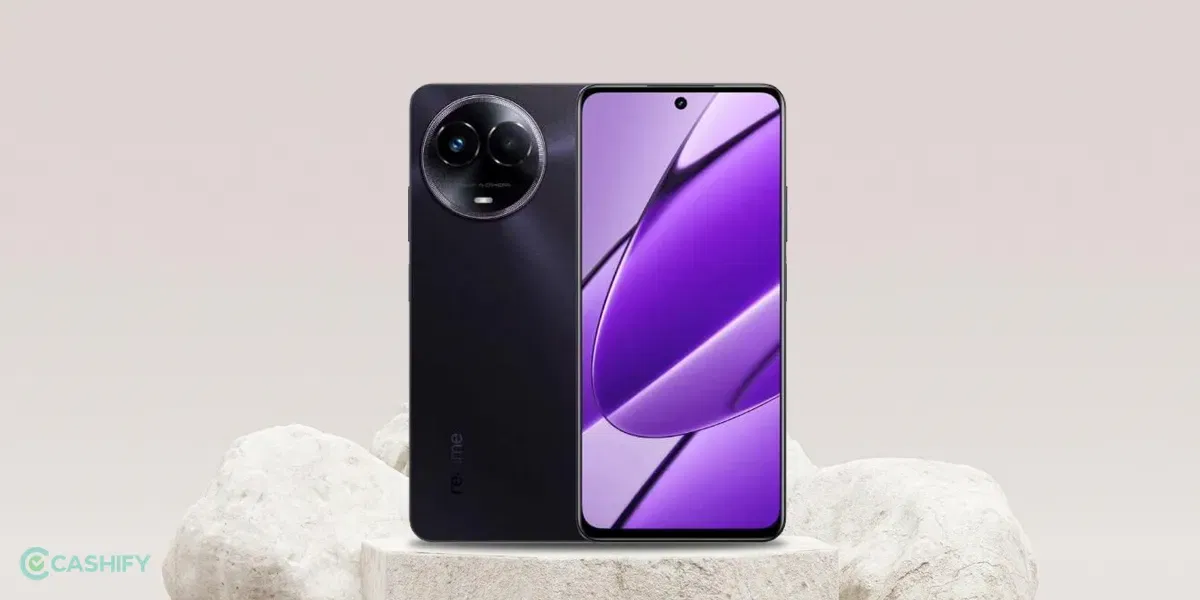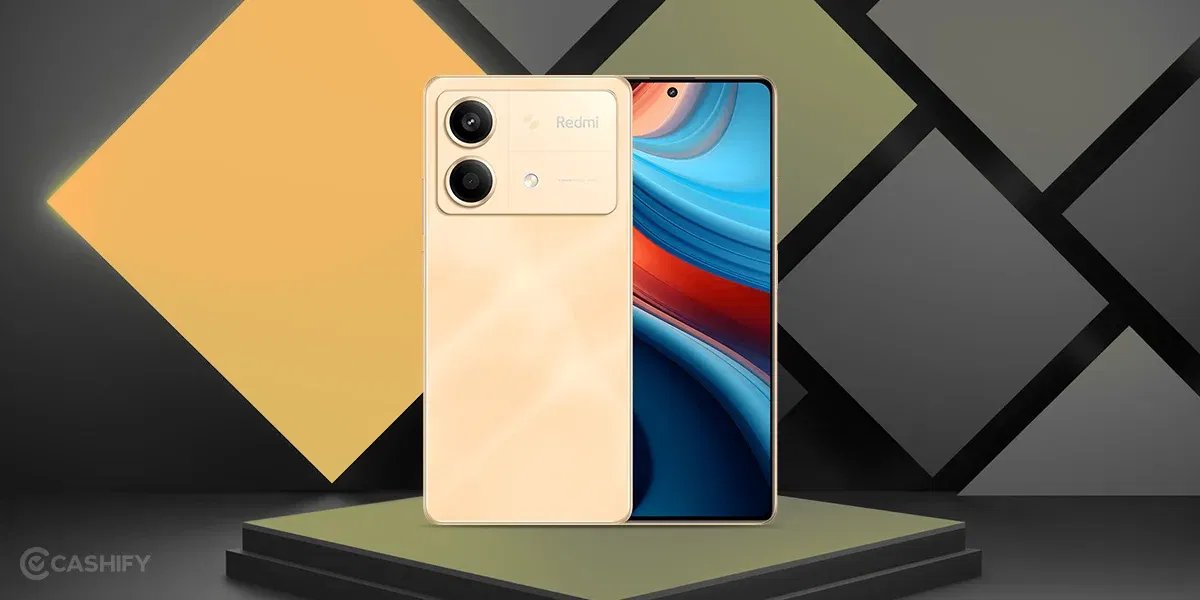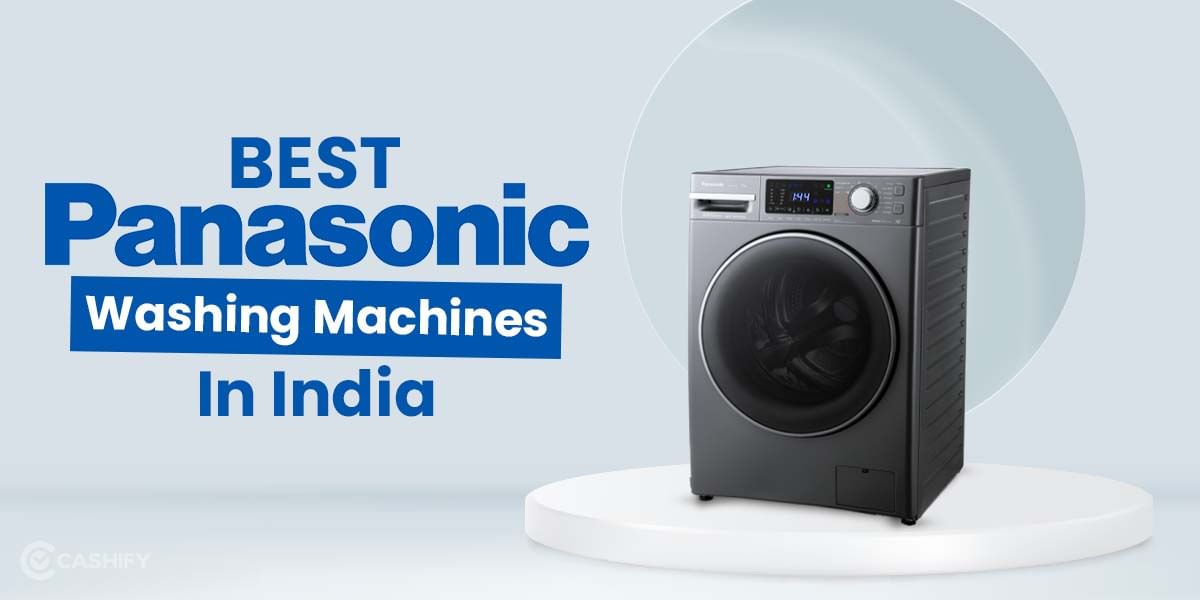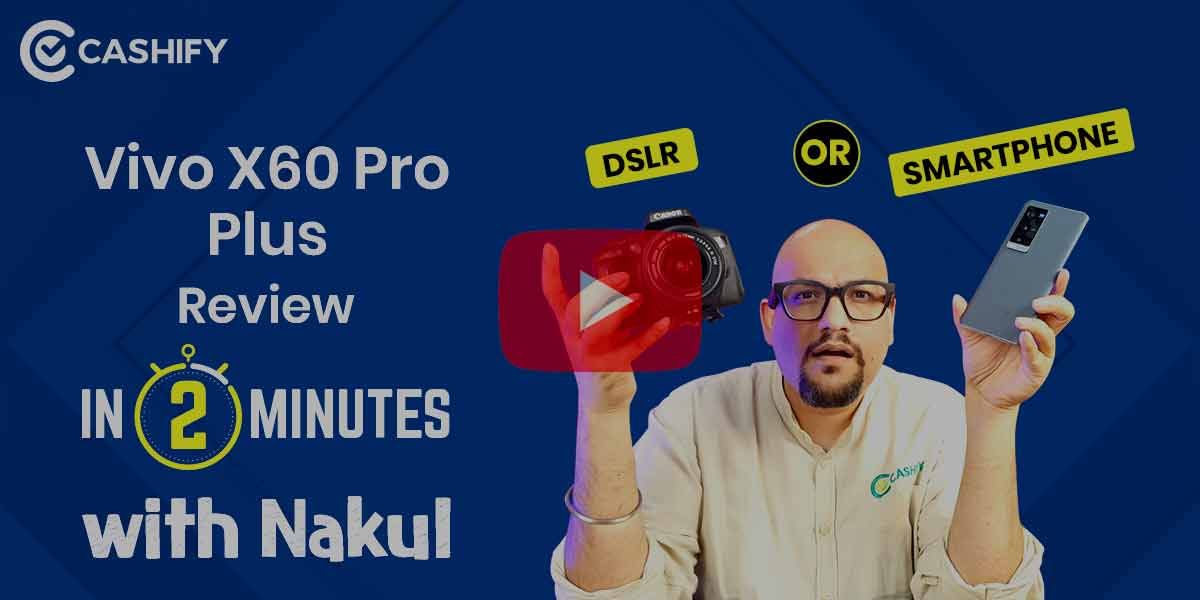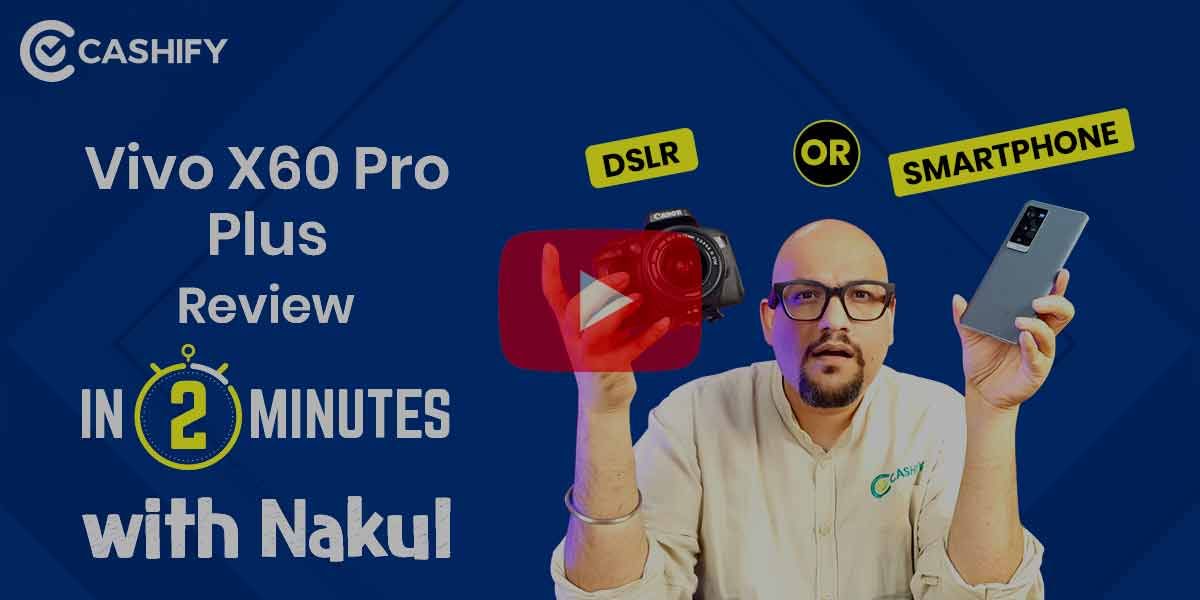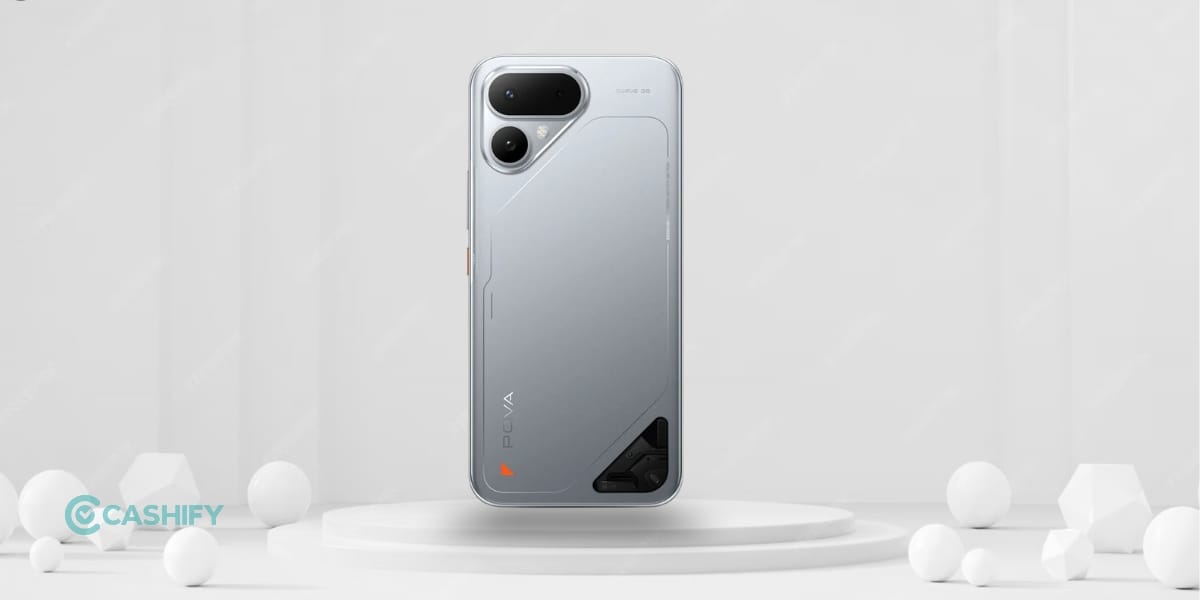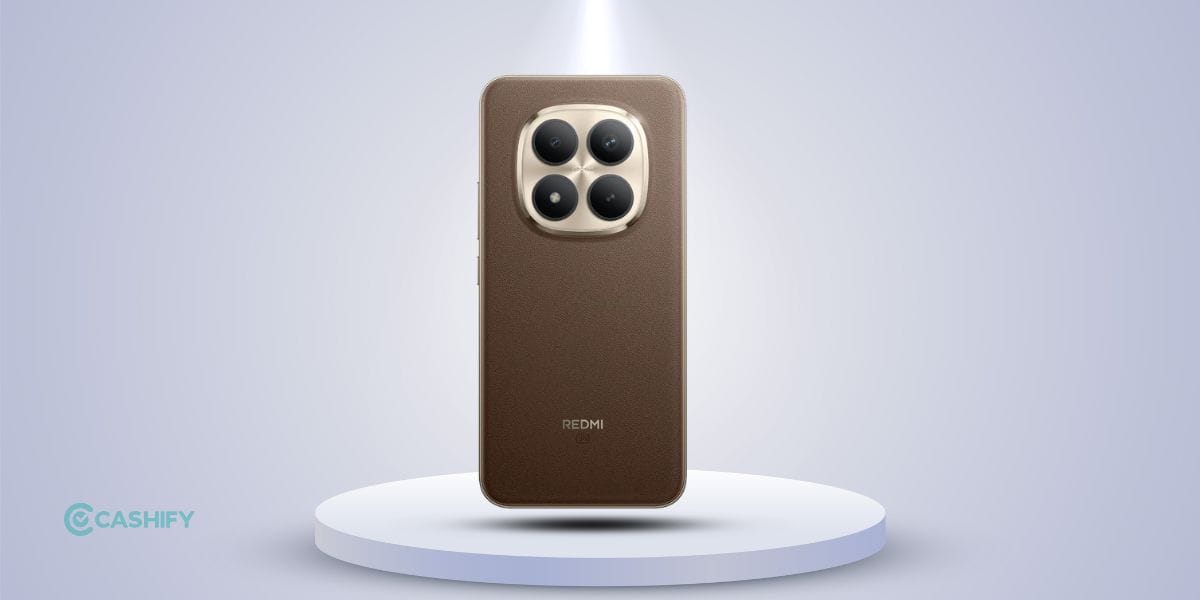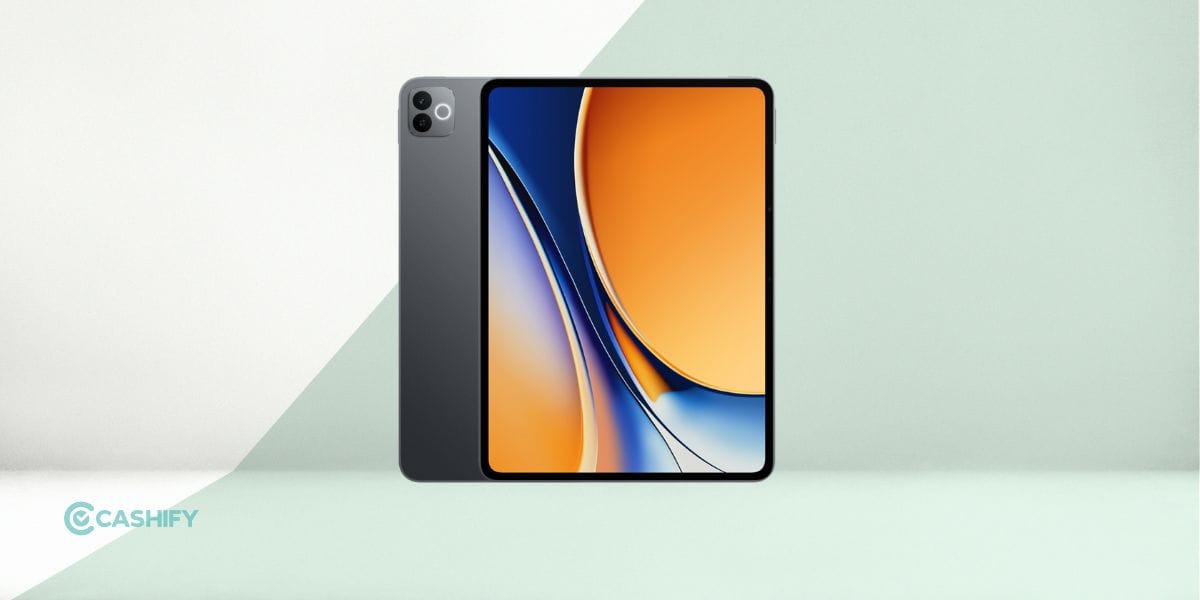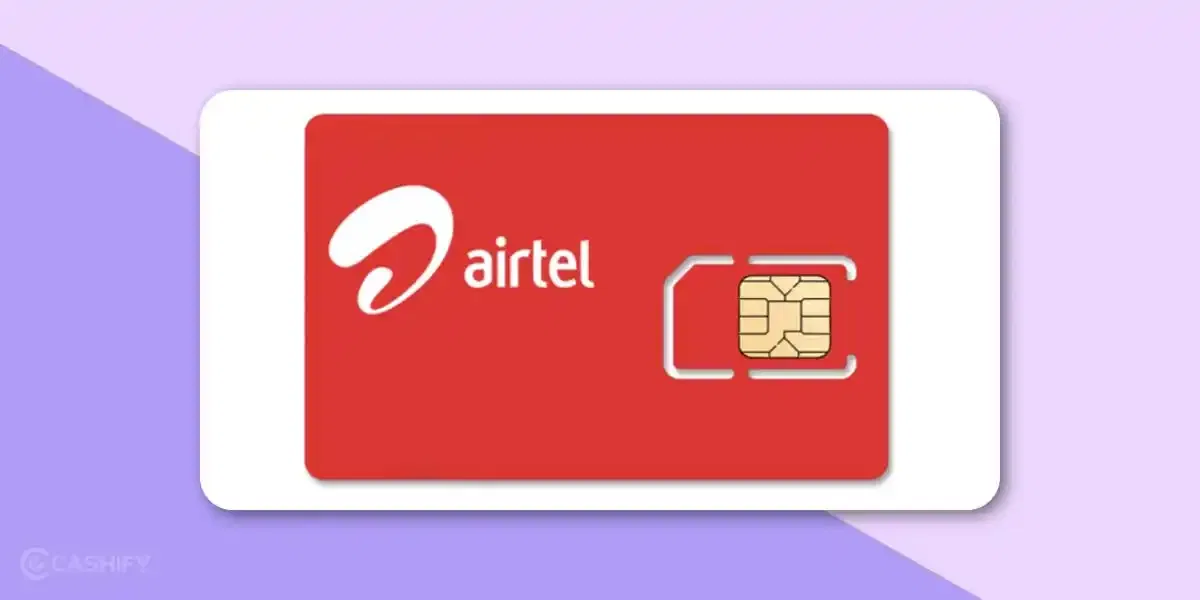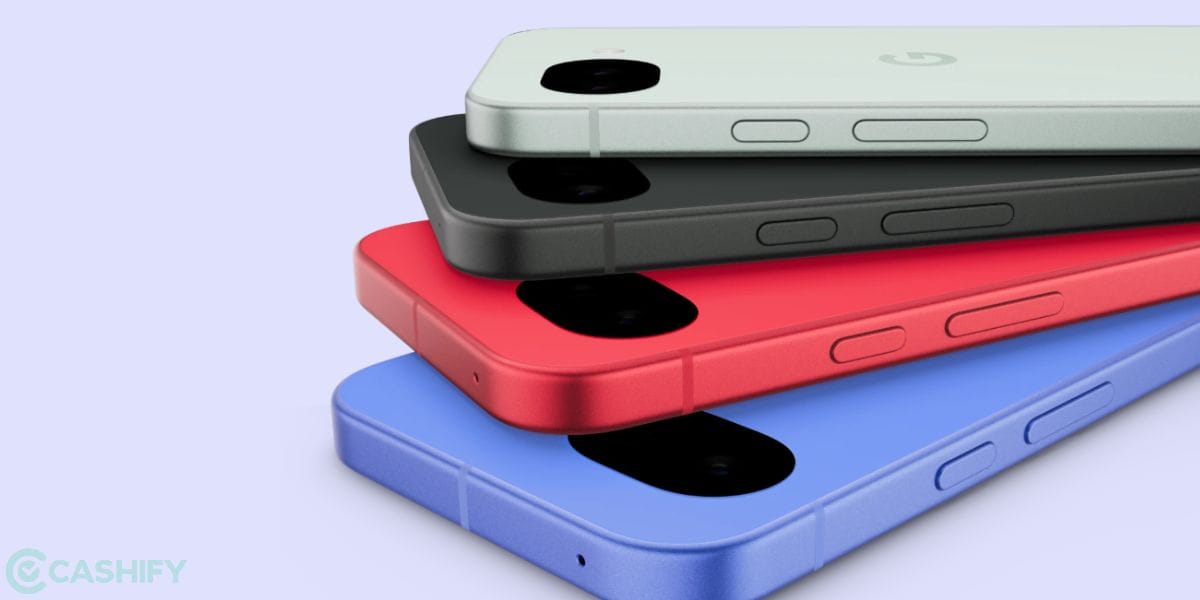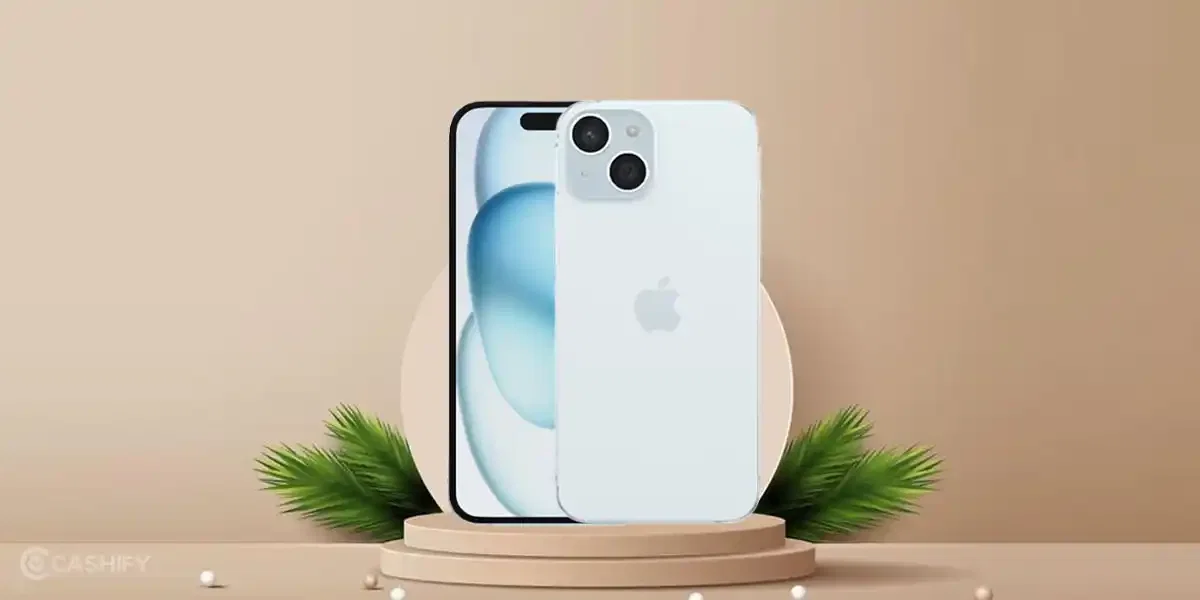Nothing Phone (2) Price In India And Variants
The Nothing Phone (2) starts at Rs.39,999 for the 8GB+128GB variant. The 12GB+256GB and 12GB+512GB models retail for Rs.44,999 and Rs.49,999, respectively.
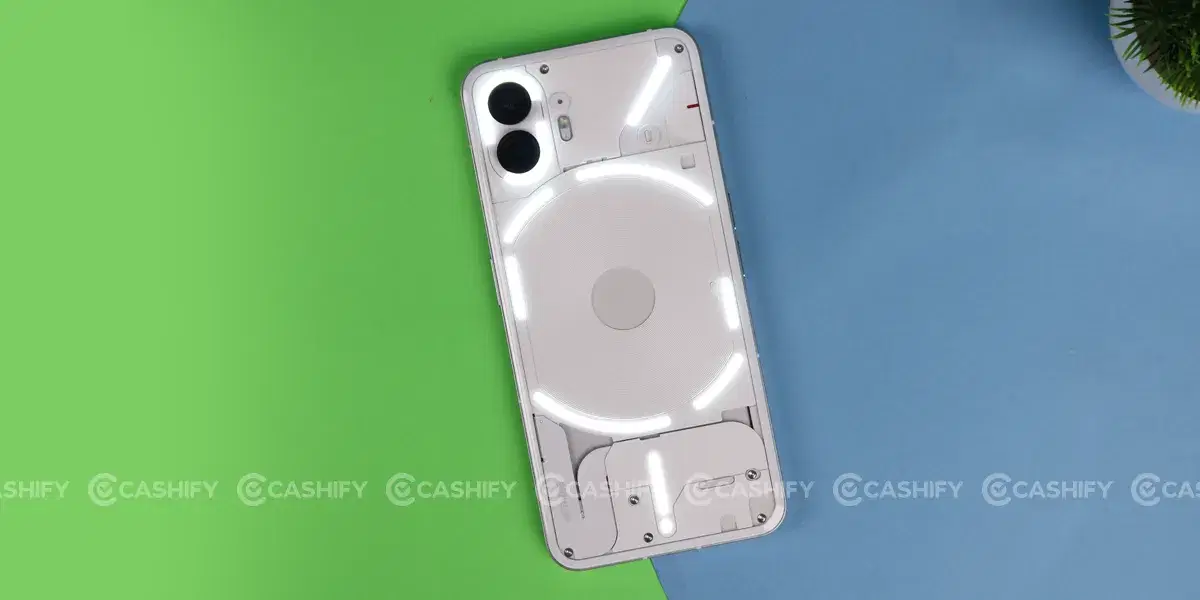
The phone is available for purchase at Flipkart, Vijay Sales, Croma, and other leading retail stores in India.
Nothing Phone (2) Box Contents
The Nothing Phone (2) packs the following items inside the box:
- Phone
- Cable
- Manual
- SIM Ejector
Nothing Phone (2) Specs At A Glance
Before we talk in detail about the device, let’s see what the on-paper specs look like:
- Display: 6.7-inch LTPO AMOLED with 120Hz
- Chipset: Snapdragon 8+ Gen
- RAM & ROM: 8GB 128GB, 12GB 256 GB, 12GB 512 GB
- Software: Android 14 with Nothing OS 2.5.2
- Rear camera: 50MP + 50MP
- Selfie camera: 32 MP
- Battery: 4700 mAh
- Weight: 201.2 g
- Dimensions: 162.1 x 76.4 x 8.6 mm
Nothing Phone (2) Design And Build
The Nothing Phone (2a) has a boxy design with rounded edges that instantly reminds you of an iPhone. This iPhone-esque design neatly ties in with Nothing’s aim to become the Apple of Android by offering premium design and clean software.
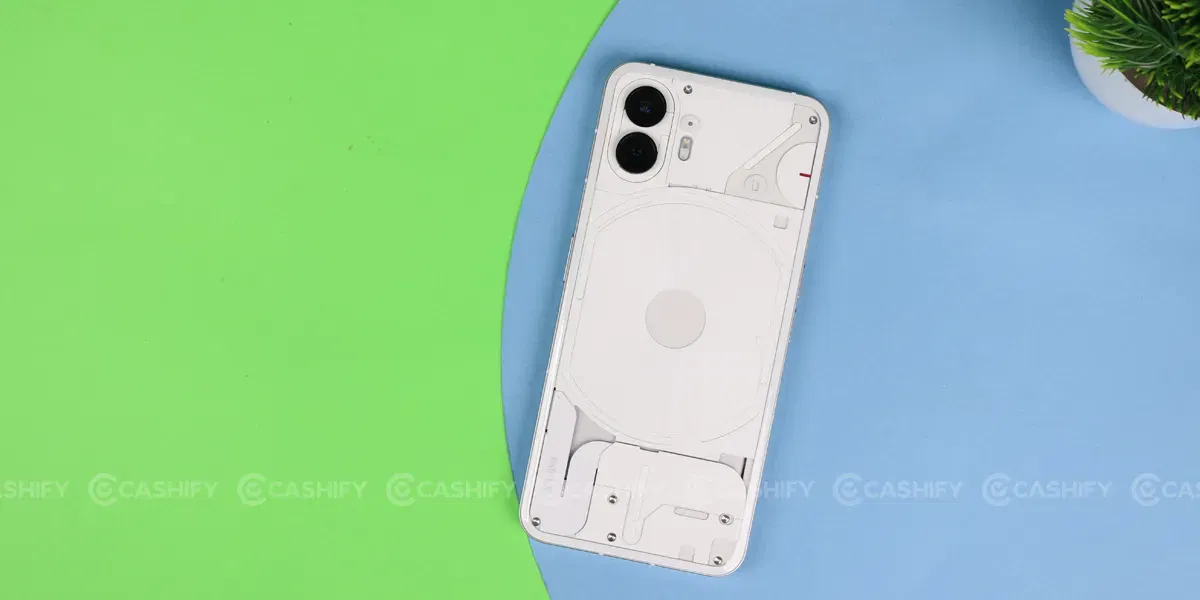
Similar to the Phone (1), the Nothing Phone (2) has a transparent glass back that sets it apart from the rest of the crowd. However, it has some differences, such as a larger body and curved glass panel that make it ergonomic to hold in the hand.
Also Read: Realme 12 5G Review: Stylish Mid-Ranger With Great Cameras
Moreover, the Nothing Phone (2) also retains the Glyph LED lights, but there are more LED zones now. The familiar vertical camera module is in the top left corner, surrounded by LEDs and a large wireless charging coil in the middle. You also get a small RED LED in the right corner that stays on when recording a video, although you can deactivate it in the settings.
Corning Gorilla Glass protects the phone’s back, and the midframe is made from recycled aluminium with a brushed finish. Despite the Gorilla Glass protection on the back, I highly recommend using a case, as the phone is slippery and cannot stay dormant even on a flat surface.

Also Read: Realme 12 Pro Plus Review: New Mid-Range Camera Champion
Furthermore, I also found the phone a bit bulky and heavy, measuring 8.7mm and weighing around 201 grams. Although others might prefer this industrial design. Hopefully, the Nothing Phone (3) will have a sport slimmer build and less bulky build.
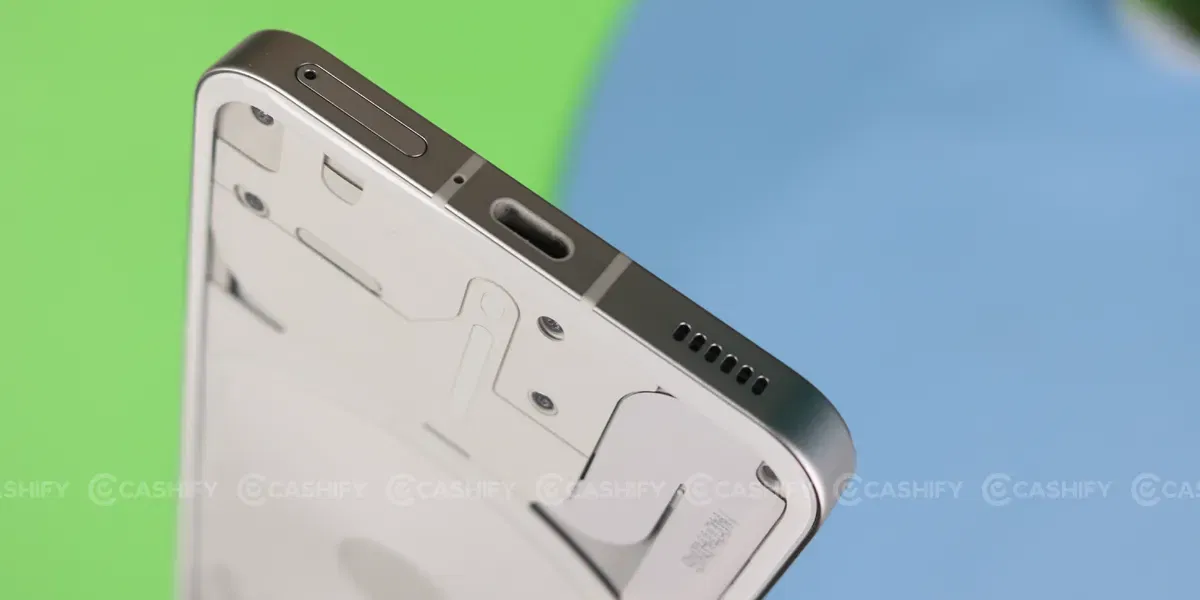
When it comes to ports and placements, the volume buttons are on the right, and the power button is on the left. The top features the secondary microphone, while the USB-C port, speaker grille, and SIM tray are at the bottom. It also has an IP54 rating, which can protect against occasional splashes; however, I would have liked an IP68 rating at this price range.
Overall, the Nothing Phone (2) offers a premium design that can easily rival phones that cost twice as much, and it feels fresh even almost a year later.
Nothing Phone (2) Camera
The Nothing Phone (2) sports a 50-megapixel primary camera and a 50-megapixel ultra-wide-angle lens. On the front, it has a 32-megapixel selfie shooter.
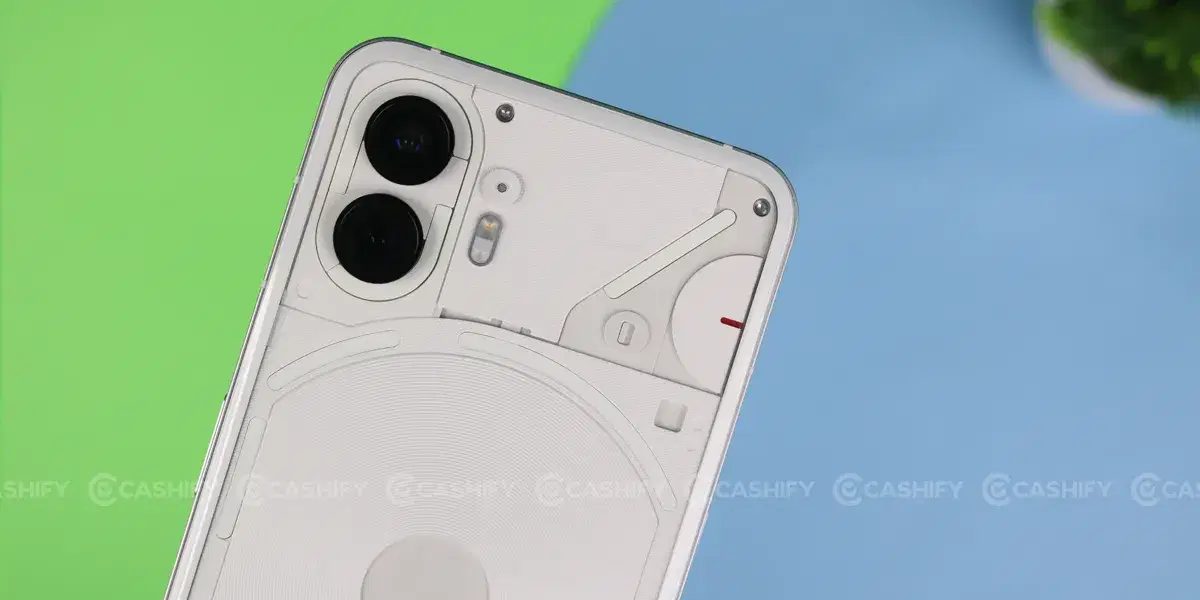
Also Read: Xiaomi 13 Pro Long-Term Review: Pro Grade Flagship Experience
During the day, the 50-megapixel Sony IMX890 sensor can take crisp, vibrant photos with plenty of details. The colours are saturated and pleasing to the eye, with good dynamic range and balanced sharpness.
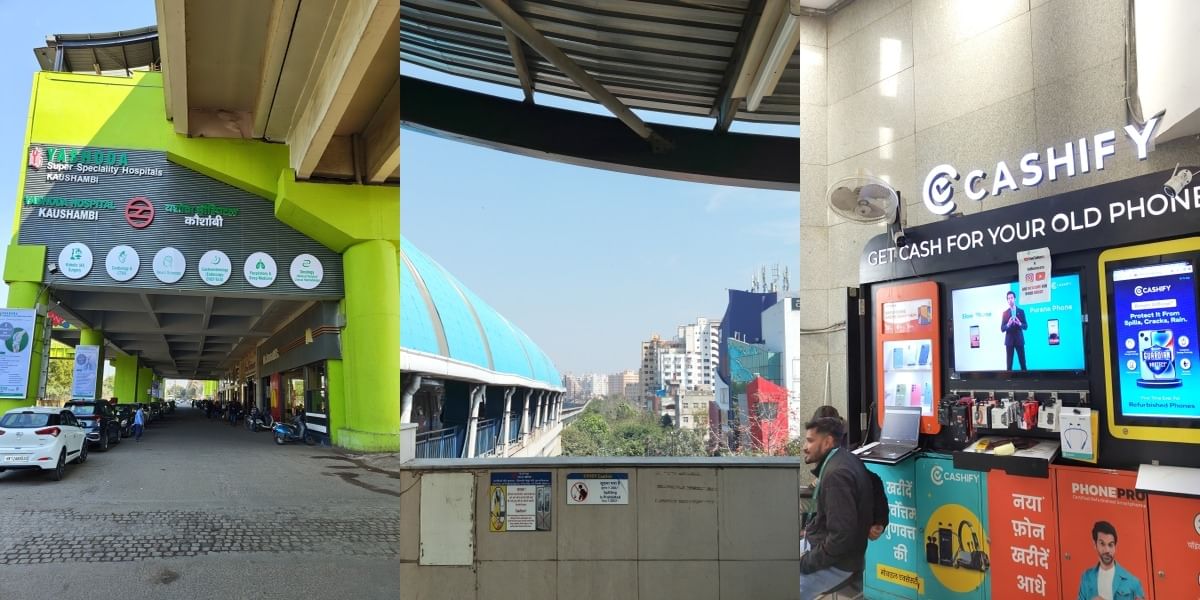
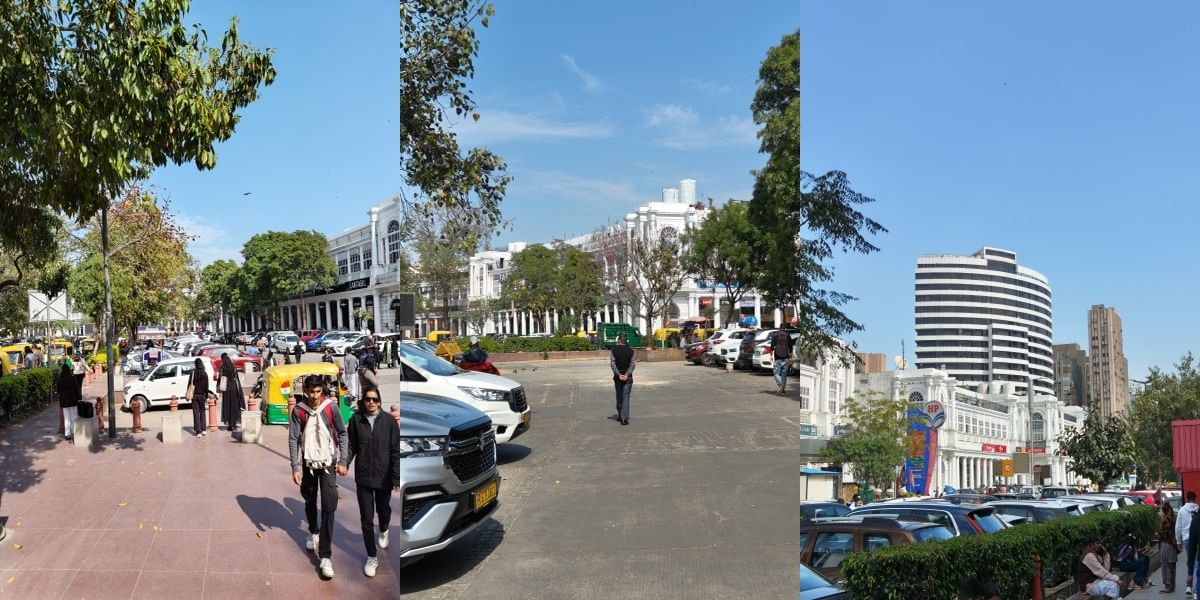
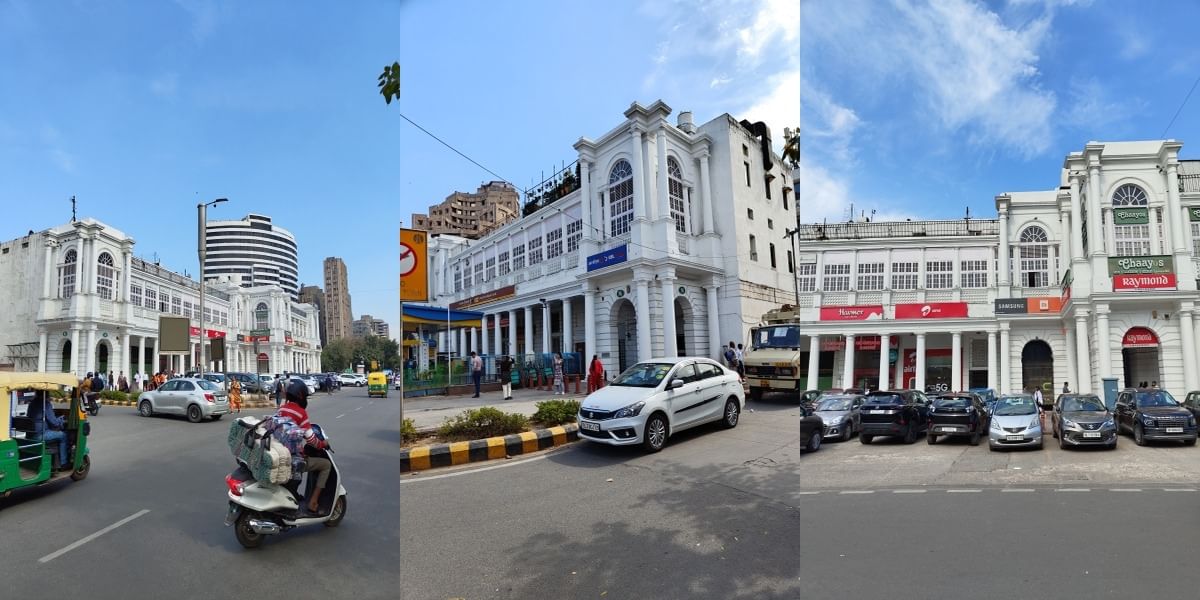
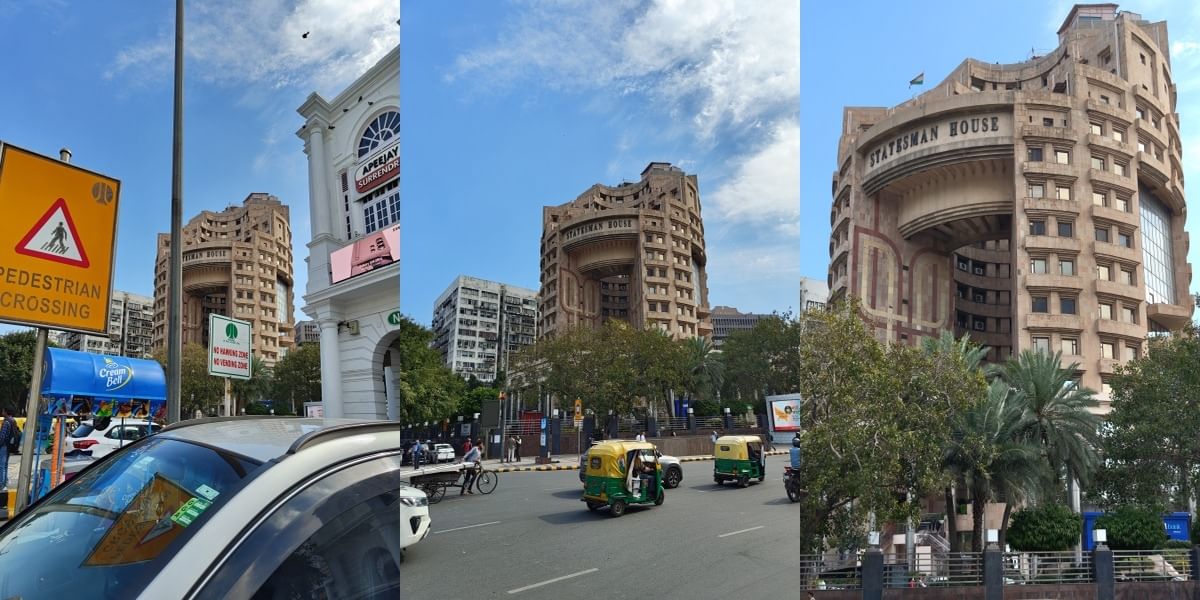
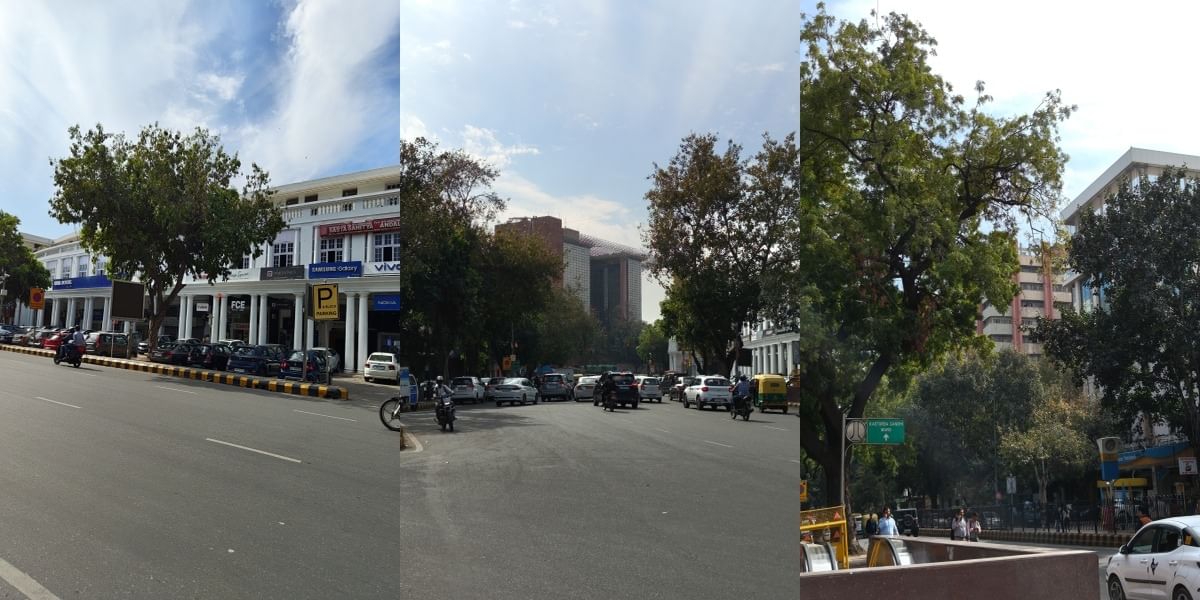
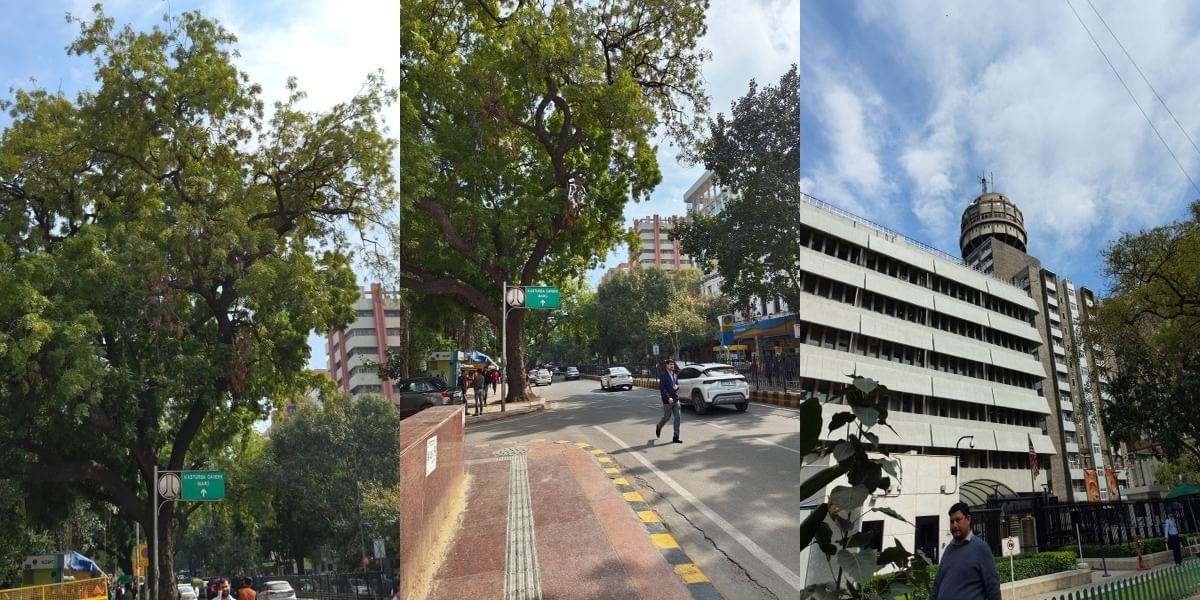
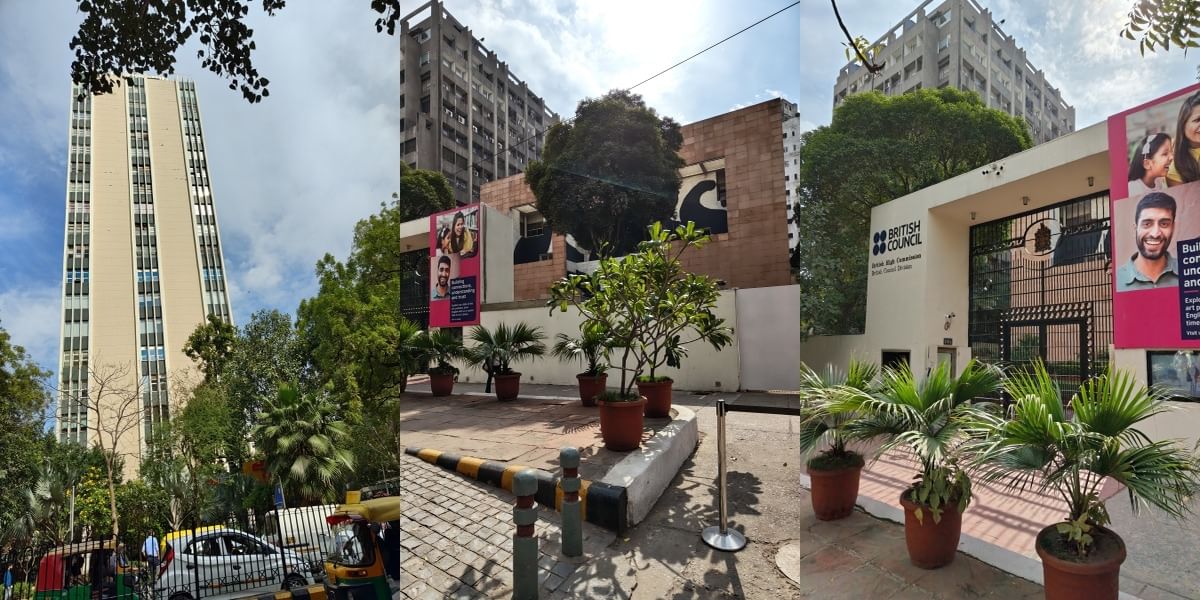
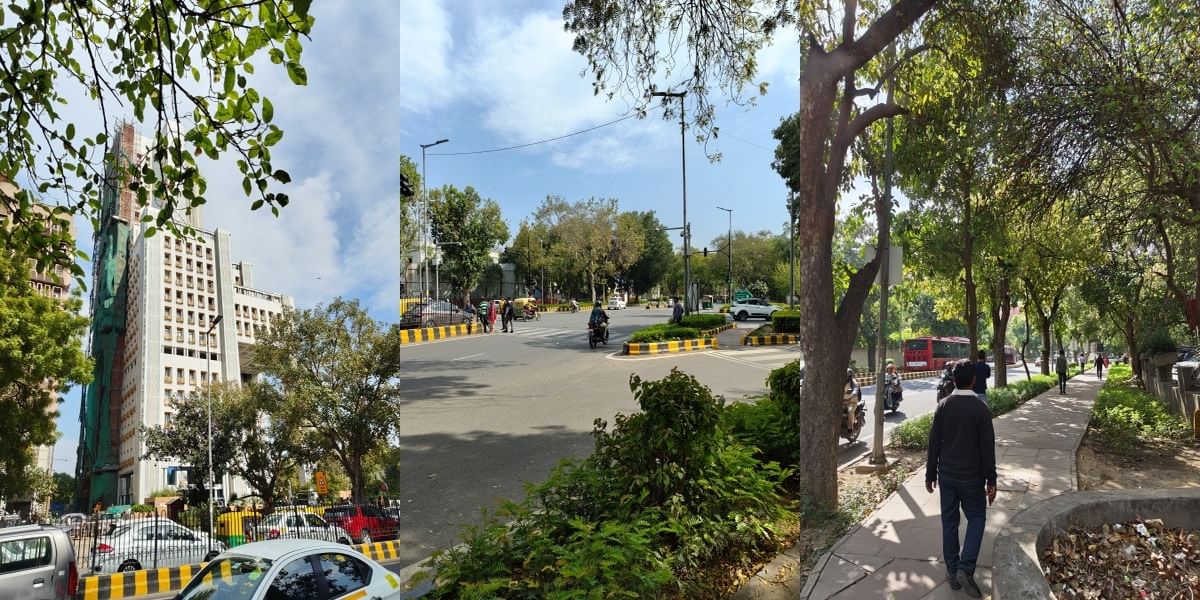
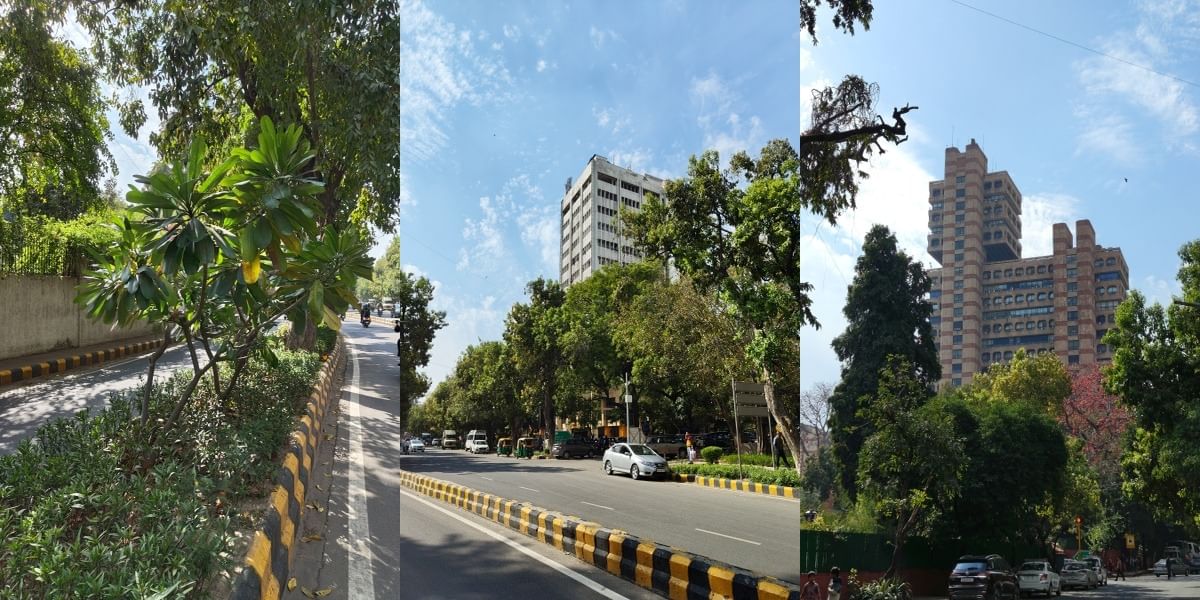
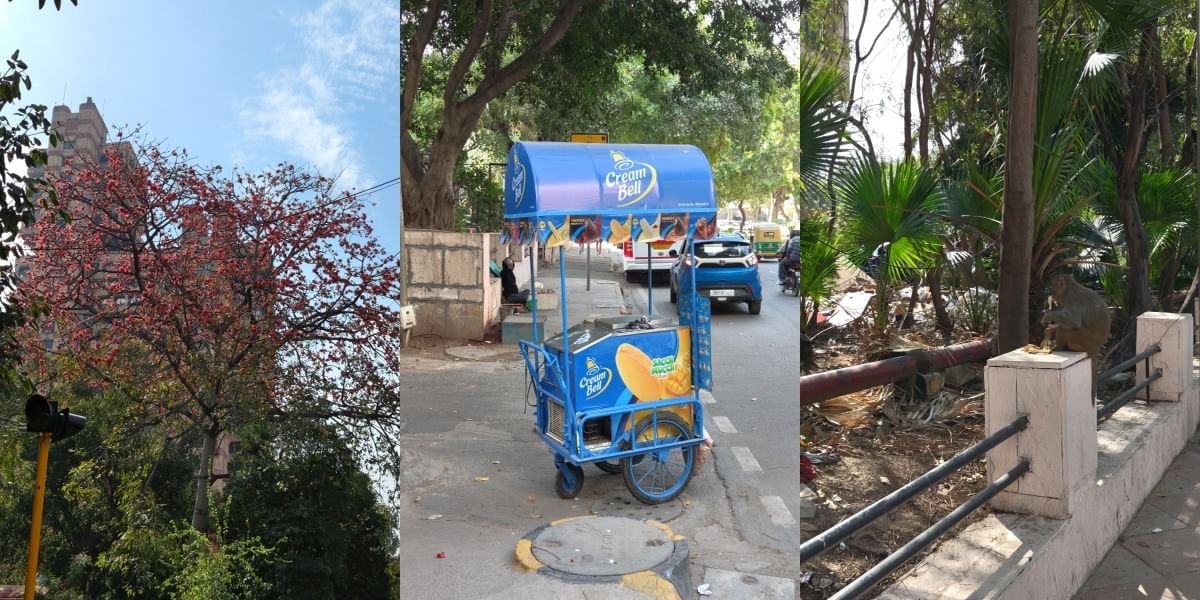
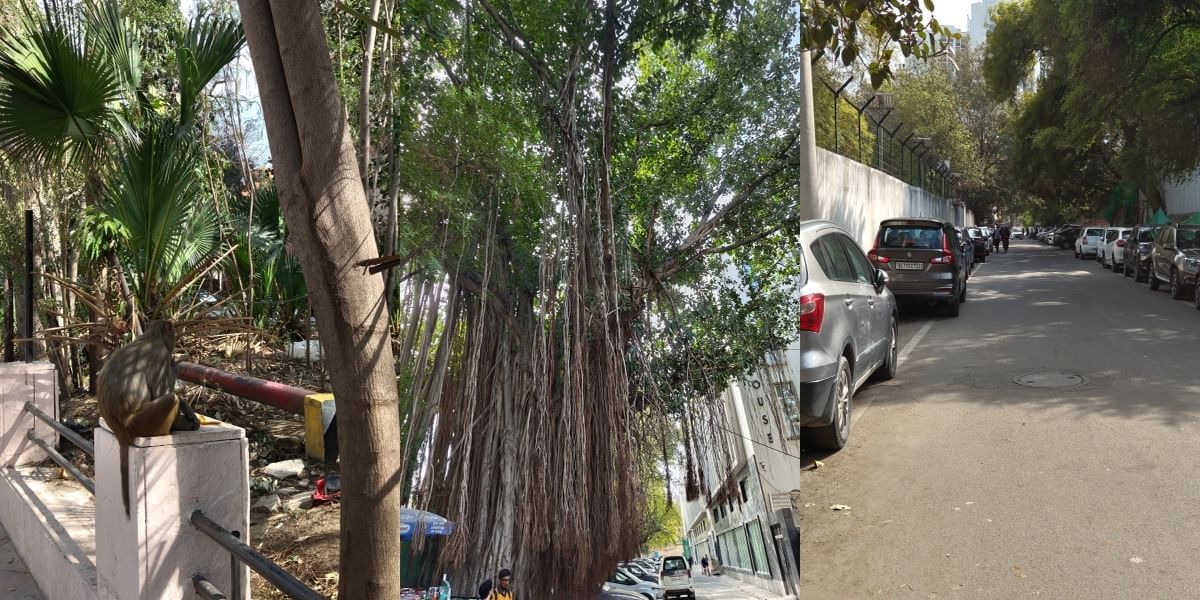
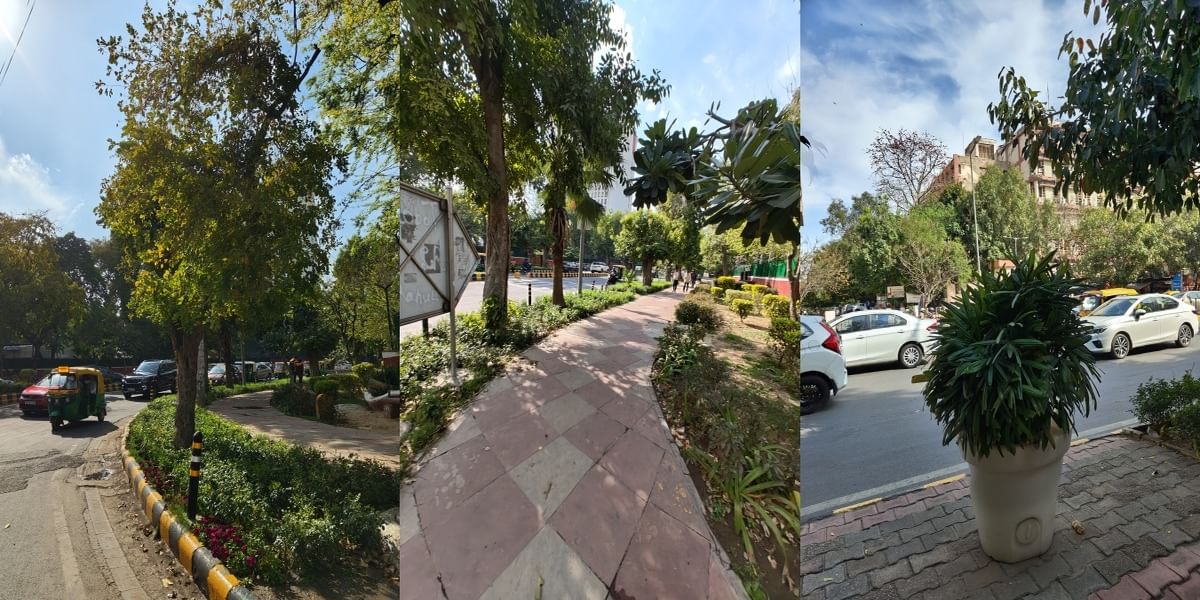
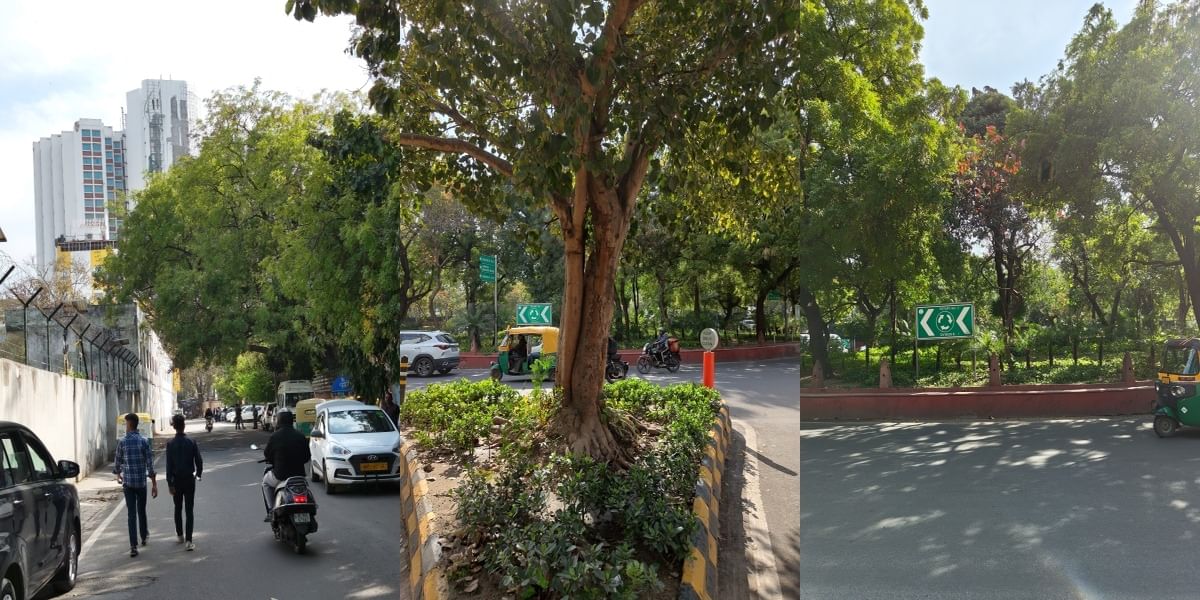
Also Read: Poco X6 Pro Review: The OnePlus Killer Is Here!
Similarly, the 50-megapixel Samsung JN1 can also take good shots with great dynamic range and sharpness. It is better than most 8-megapixel ultrawide angle sensors on other phones and can also take macro shots.
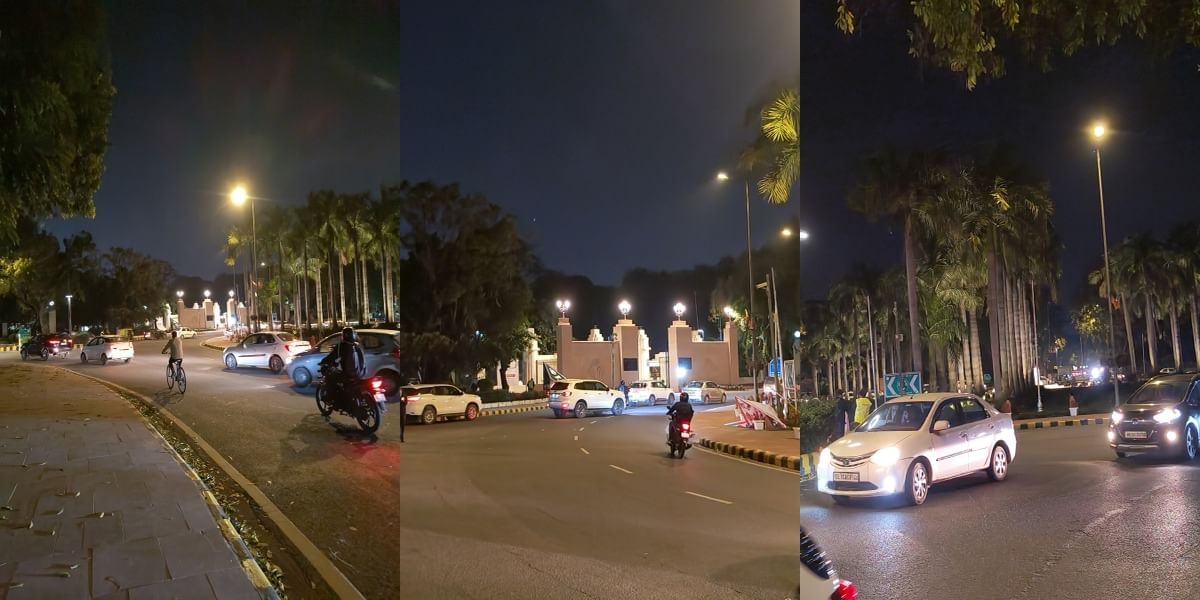
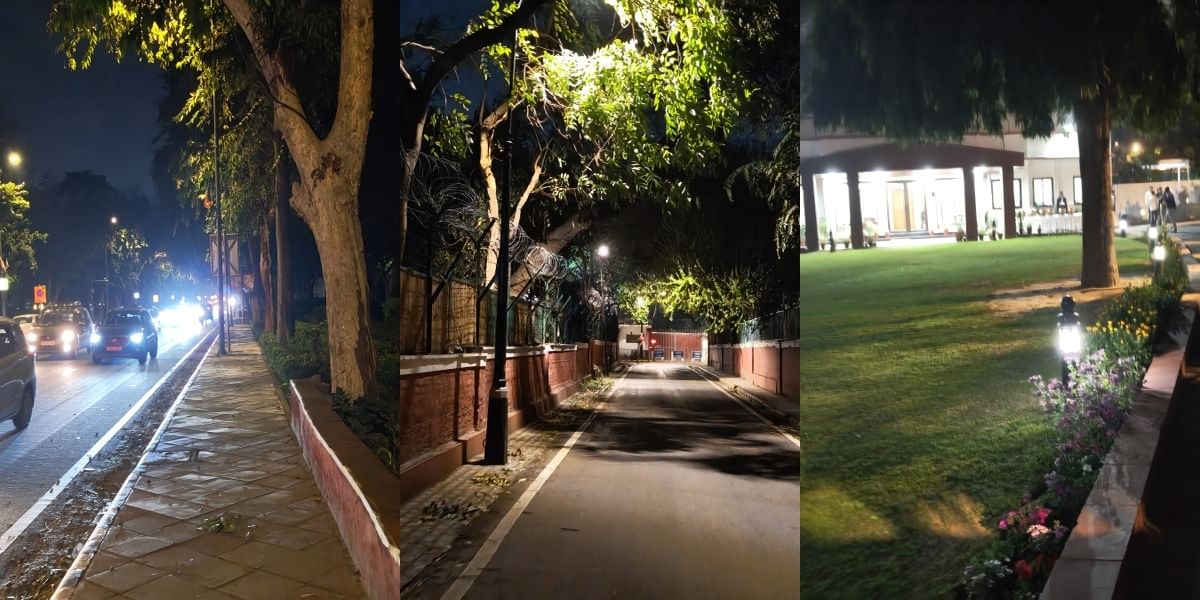
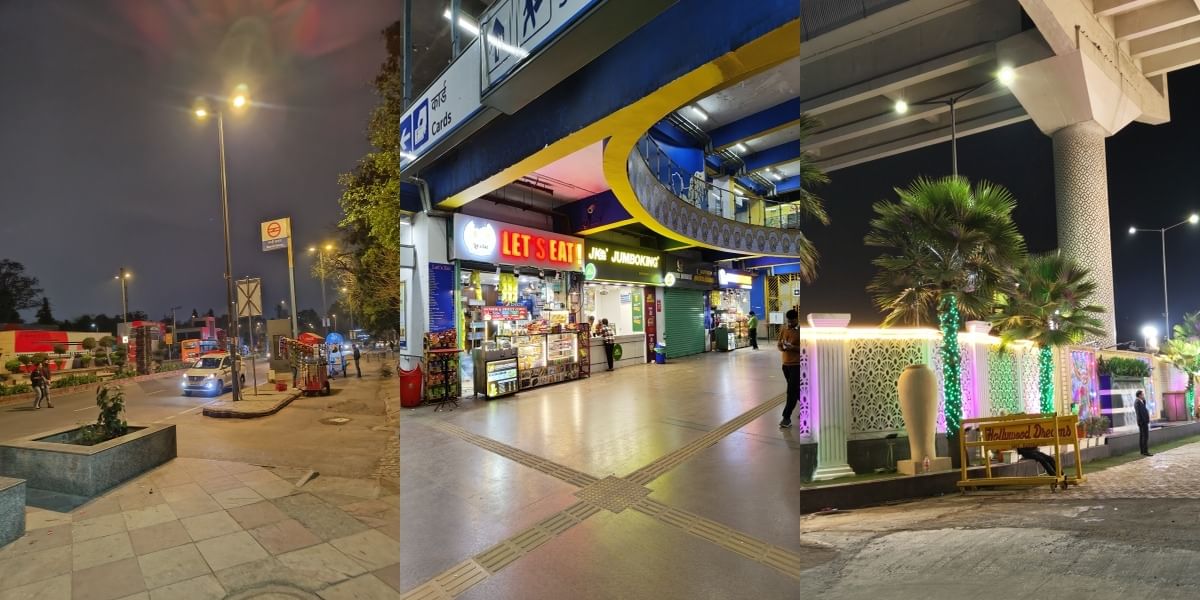
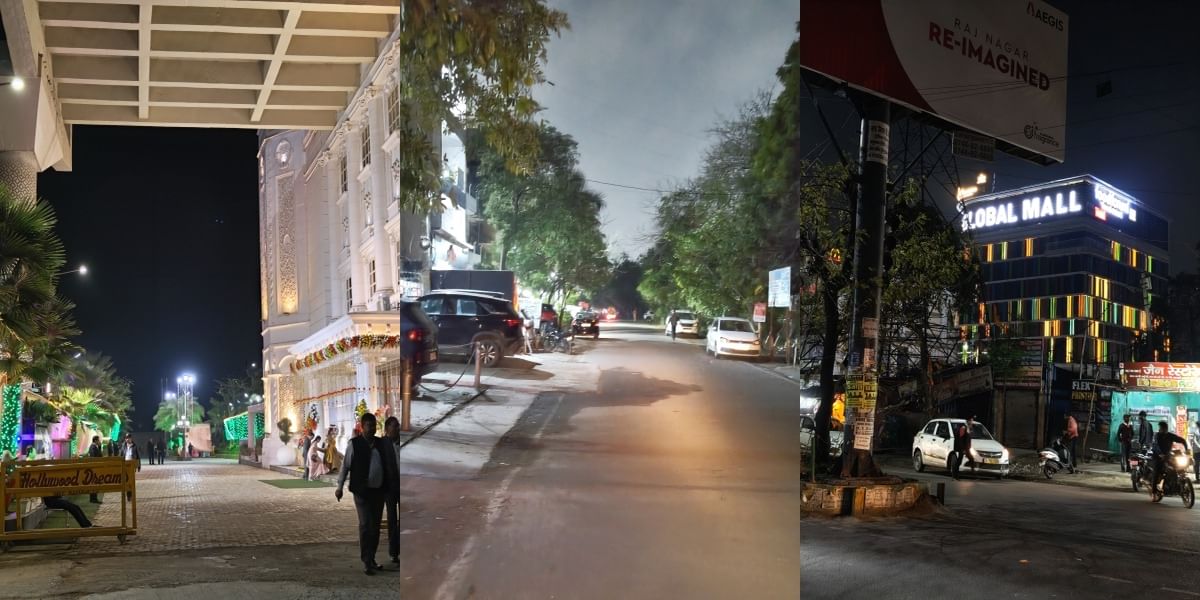
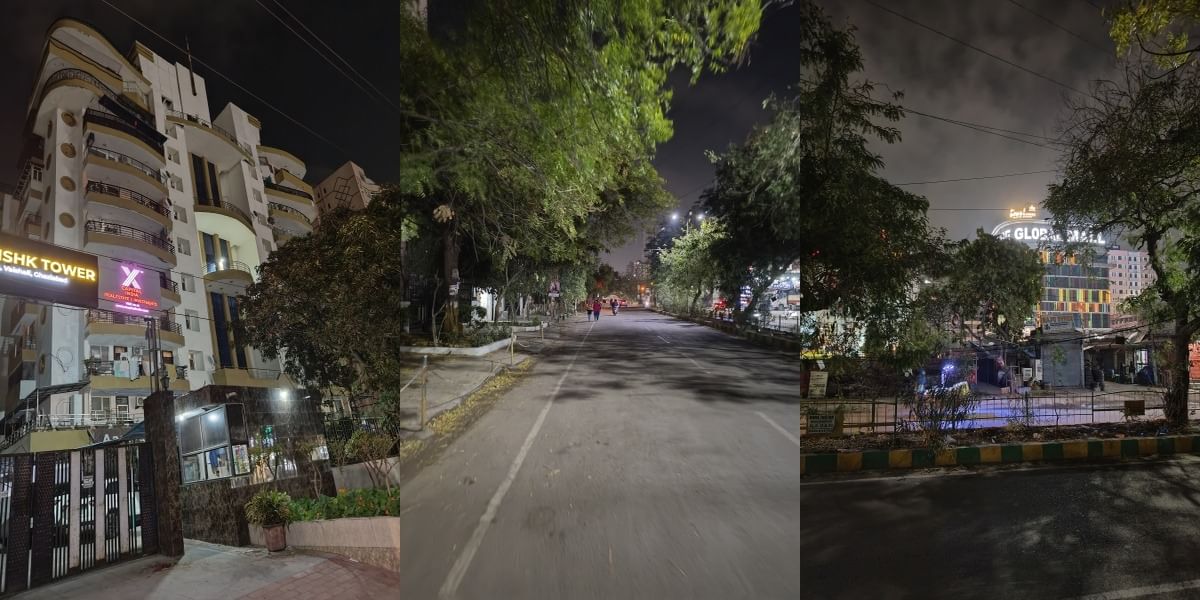
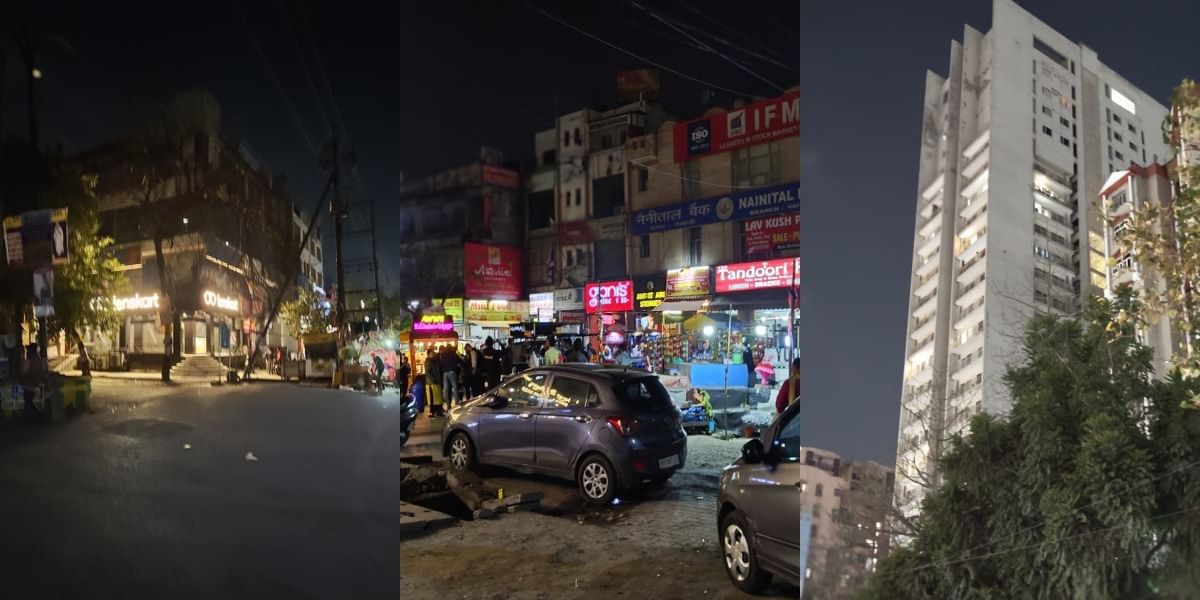

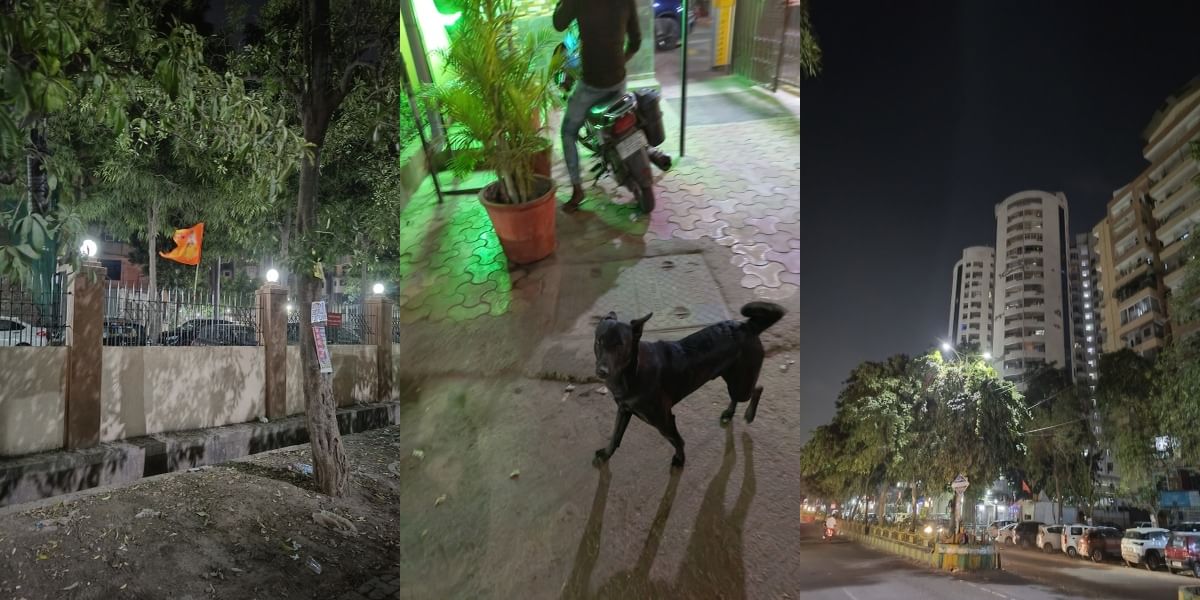
Also Read: iQOO 11 Long-Term Review: Pure Performance Monster
However, the output is average at night, with overexposed areas and poor dynamic range. There is also a lot of noise and blown highlights, which is disappointing given the price.

The 32-megapixel selfie camera can take good shots with accurate skin tones and plenty of details. When it comes to video recording, you shoot up to 4K at 60 FPS from the primary and 1080p at 30 FPS from the selfie camera.
Also Read: Poco X6 Review: Xtreme Performance On A Budget
You also get OIS support, which results in a steady output and a tiny red LED on the back that remains on while shooting a video, although you can disable it in the settings.
Overall, the Nothing Phone (2) offers a decent camera experience and takes some good shots as long as you capture them during the day. If cameras are your priority, phones like the Vivo V30 Pro, Realme 12 Pro+, and iQOO Neo 9 Pro will offer you a much better experience
Nothing Phone (2) Battery And Charging
The Nothing Phone (2) packs a 4,700mAh battery that can easily last a day. While the battery size doesn’t sound as impressive as 5,000mAh, thanks to the 4nm chipset, you can easily expect 6 to 7 hours of battery with normal usage.
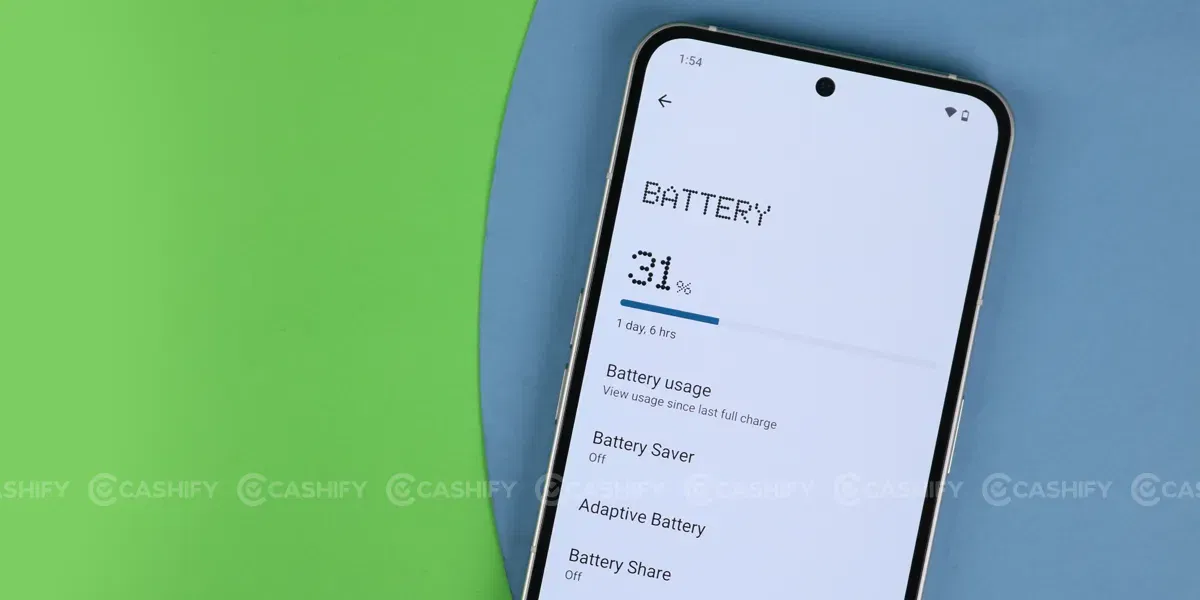
Although Nothing does not include the charger in the box, the Phone (2) does support 45W wired and 15W wireless charging. I tried a 120W PD charger, and the phone fully recharged within an hour.
Also Read: Poco M6 5G Review: Bringing 5G To The Masses
Furthermore, I also used a 15W Samsung Wireless charger, which works flawlessly. There is also 5W reverse wireless charging support to top up your earbuds or smartwatch on the go.
Nothing Phone (2) Display And Audio
The Nothing Phone (2) sports a 6.7-inch Full-HD+ LTPO display with a 120Hz refresh rate. Furthermore, the screen has a peak brightness of 1600 nits and has Gorilla Glass for protection.
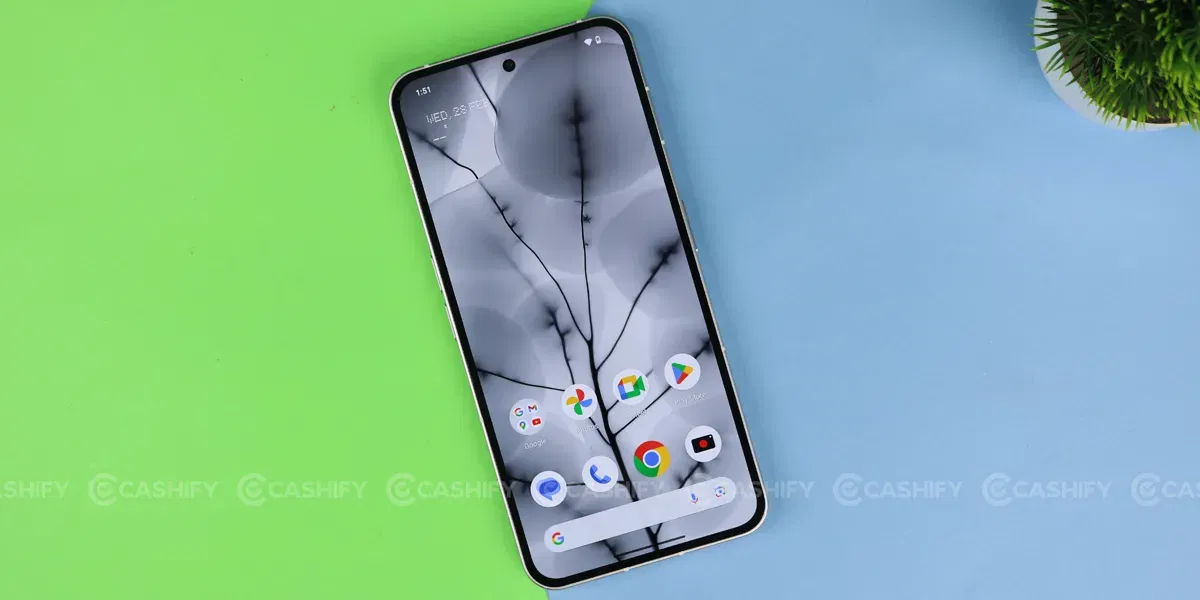
Also Read: Xiaomi Redmi Note 13 Pro Review: The Perfect Mid-Ranger?
Thanks to the boxy form factor and slim bezels surrounding the screen, the display is reminiscent of the iPhone without the ugly notch or dynamic island. I actually prefer the flat panel on the Phone (2) instead of the curved one found on other phones. The chin on the device is also one of the slimmest I have seen on Android phones, which is really impressive.
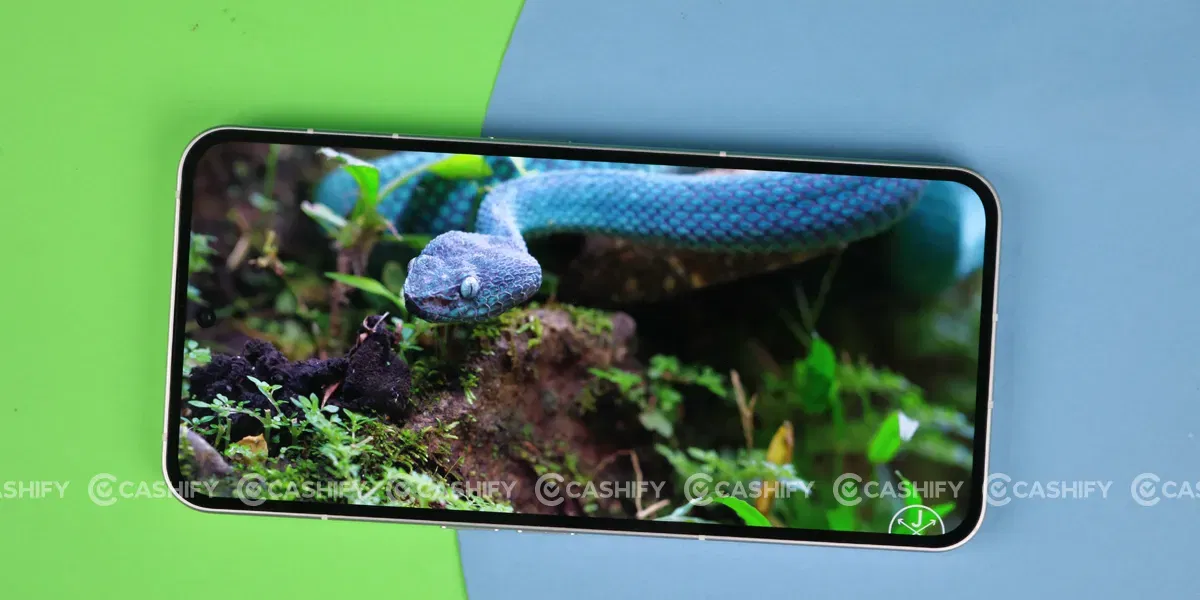
Watching content on the screen is a pure joy, as it offers vibrant and saturated colours with HDR 10+ support. I enjoyed watching the VFX effects of Netflix’s live-action adaptation of Avatar: The Last Airbender on the screen. The screen is also bright enough for outdoor use, and I did not face any legibility issues under bright sunlight.
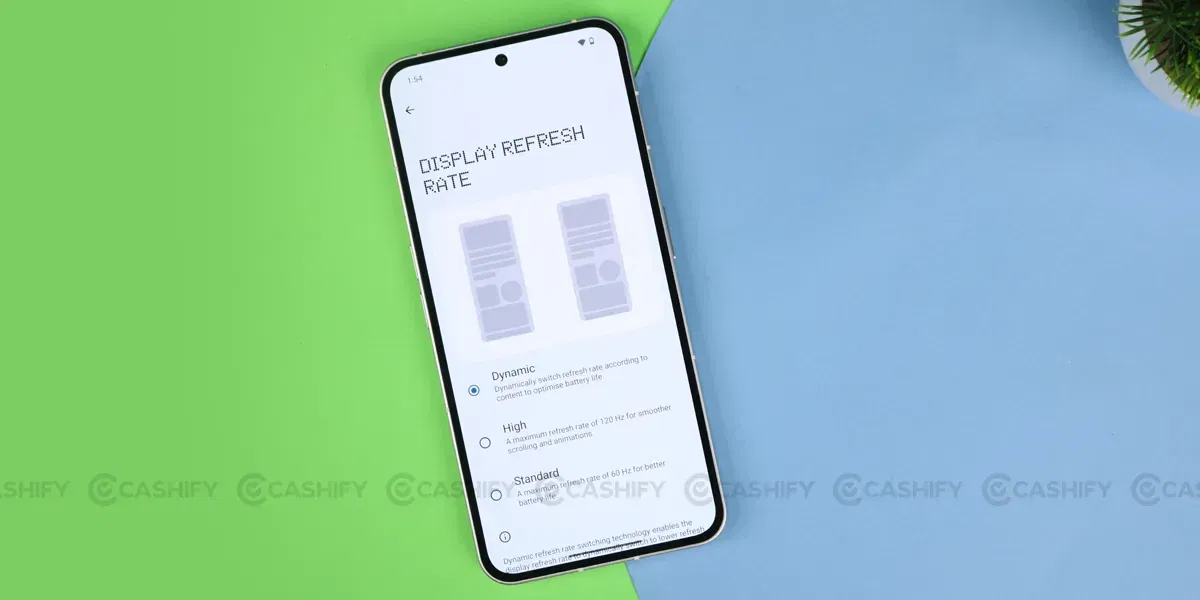
Moreover, navigating through the interface feels smooth and fluid thanks to the 120Hz refresh rate. There is also LTPO support, which dynamically adjusts the refresh rate from 1Hz to 120Hz depending on the content. You can choose between three modes: Dynamic (LTPO), High (120Hz), and Standard (60Hz), depending on your preference.
Also Read: Motorola Edge 30 Fusion Long-Term Review: Does It Still Have The Edge?
The in-display fingerprint sensor is also fast and accurate despite using an optical sensor instead of an ultrasonic one. For audio, you get a stereo speaker setup with a grille at the bottom and the earpiece as the secondary speaker.
It is loud enough to fill an entire room, and I faced no distortions even at the highest volume. You also get NFC for payments, a great and useful addition.
Nothing Phone (2) Performance
The Nothing Phone (2) is powered by the Snapdragon 8+ Gen 1 paired with up to 12GB of RAM and 512GB of UFS 3.1 storage. While this 4nm chipset isn’t as fast as the Snapdragon 8 Gen 2 or Gen 3, it is still powerful enough to handle most games and apps.
Also Read: Oppo Find N2 Flip Long-Term Review: Can It Flip The Competition?
During normal usage, such as scrolling through Instagram or watching videos on YouTube, the phone felt snappy and responsive. Thanks to the 12GB of RAM, most apps stayed in memory, and I did not face any issues.
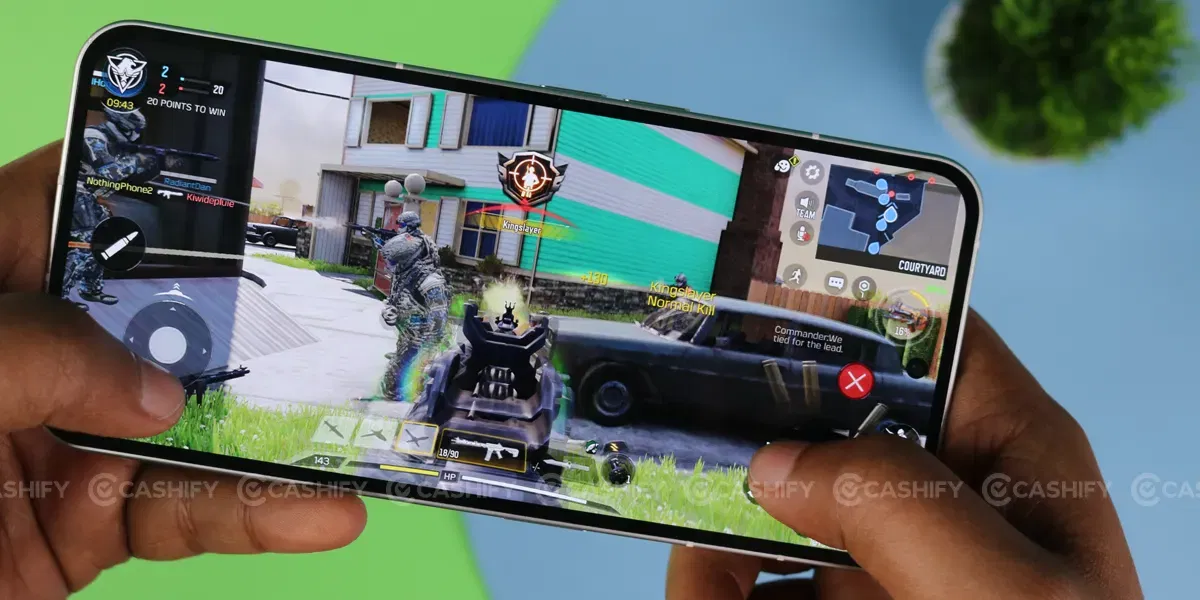
Moreover, when it comes to intense tasks like gaming, you can play BGMI at Smooth and Extreme (60 FPS) and CODM at Ultra Frame Rate (90 FPS). However, I was hoping BGMI would run at 90 FPS since the Snapdragon 8+ Gen 1 is capable of running it.
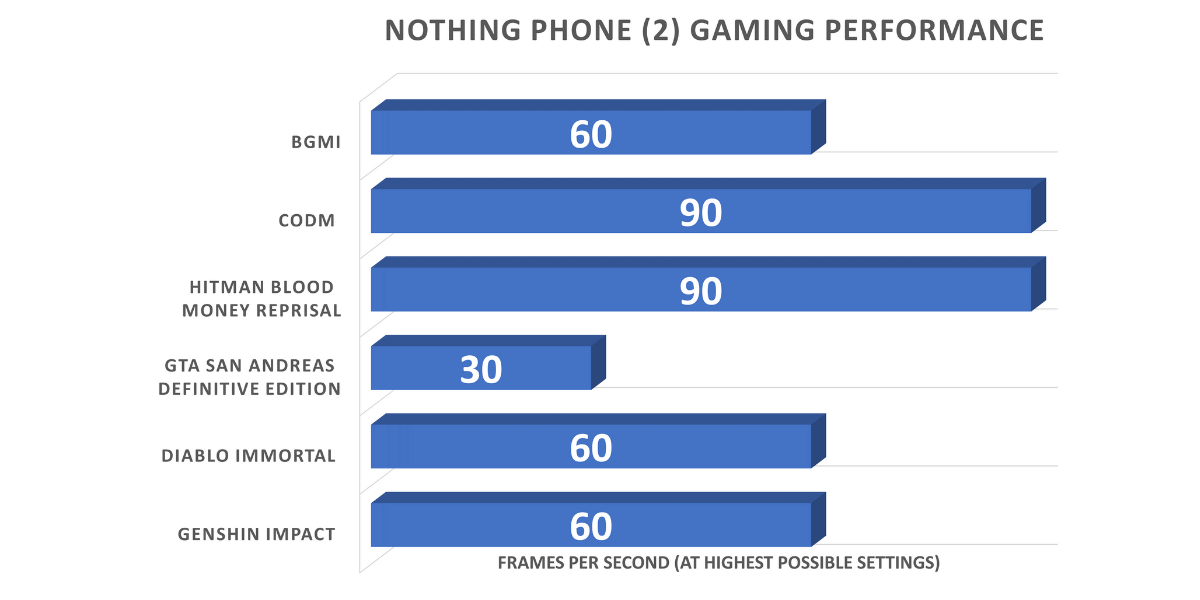
Also Read: OnePlus 11 Long-Term Review: A True Flagship Killer
Furthermore, I also tried some demanding games, like Genshin Impact, GTA San Andreas Definitive Edition, Diablo Immortal, Wreckfest and Hitman Blood Money Reprisal. I faced no heating issues during my prolonged gaming sessions, although the device got slightly warm during benchmarks.
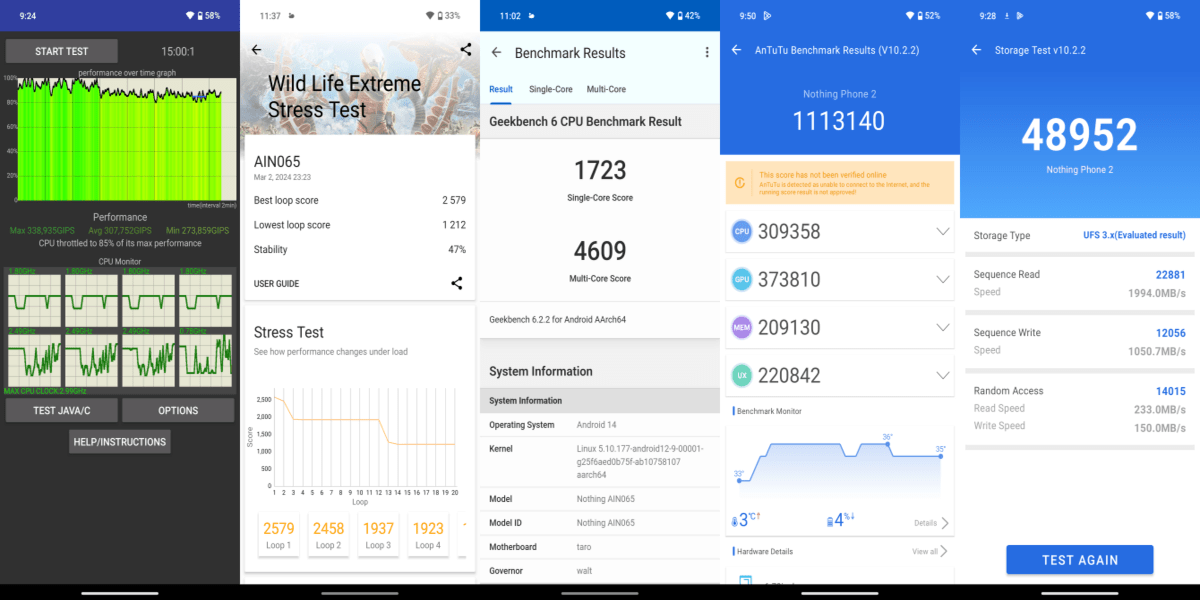
Talking about benchmarks, the Nothing Phone (2) scored 1723 in the single-core and 4609 in the multi-core test on Geekbench. Moreover, the phone throttles to 85 per cent in the 15-minute CPU throttling test and has 47 per cent stability in the 3D Mark Wildlife Extreme Stress Test.
In addition, the Nothing Phone (2) has a score of 1113140 in the AnTuTu V10 benchmark and a score of 48952 in the storage test. Overall, the Nothing Phone (2) is a great performer for the price.
Nothing Phone (2) Software And UI
The Nothing Phone (2) arrived with Android 13 and has now received the Nothing OS 2.5.1 update based on Android 14. Nothing has promised three years of OS updates and four years of security patches for the device.
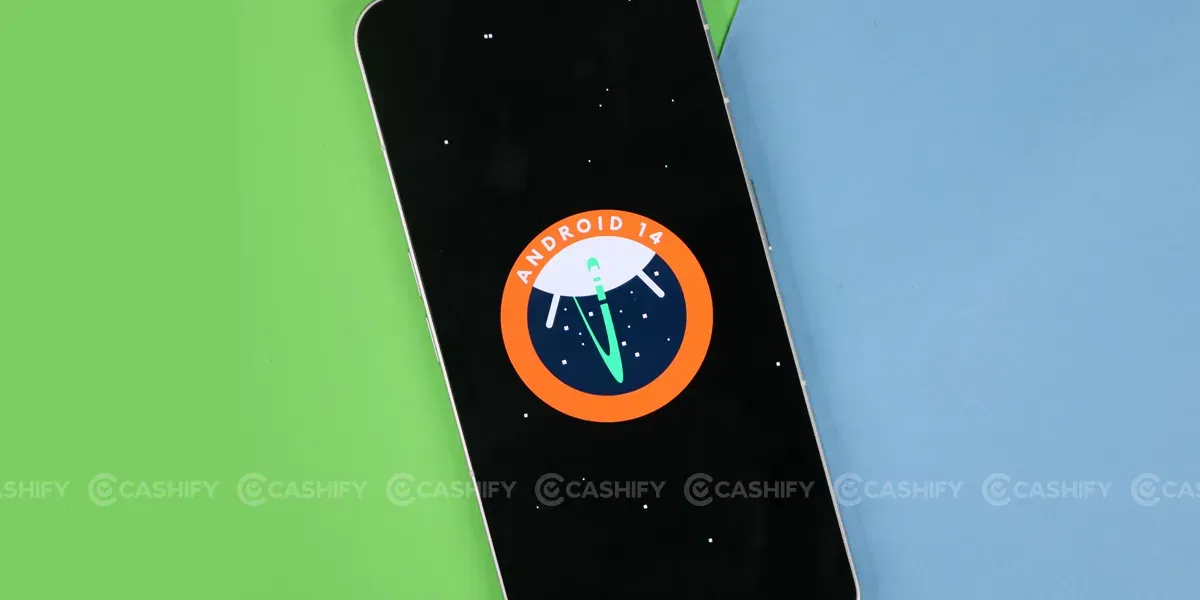
Also Read: Nothing Phone (1) Long-Term Review: Still A Worthy Contender?
The software sets the Nothing Phone (2) apart from the competition. The company’s take on Android is fresh and minimalistic, with monochromatic colours and the dot matrix font.
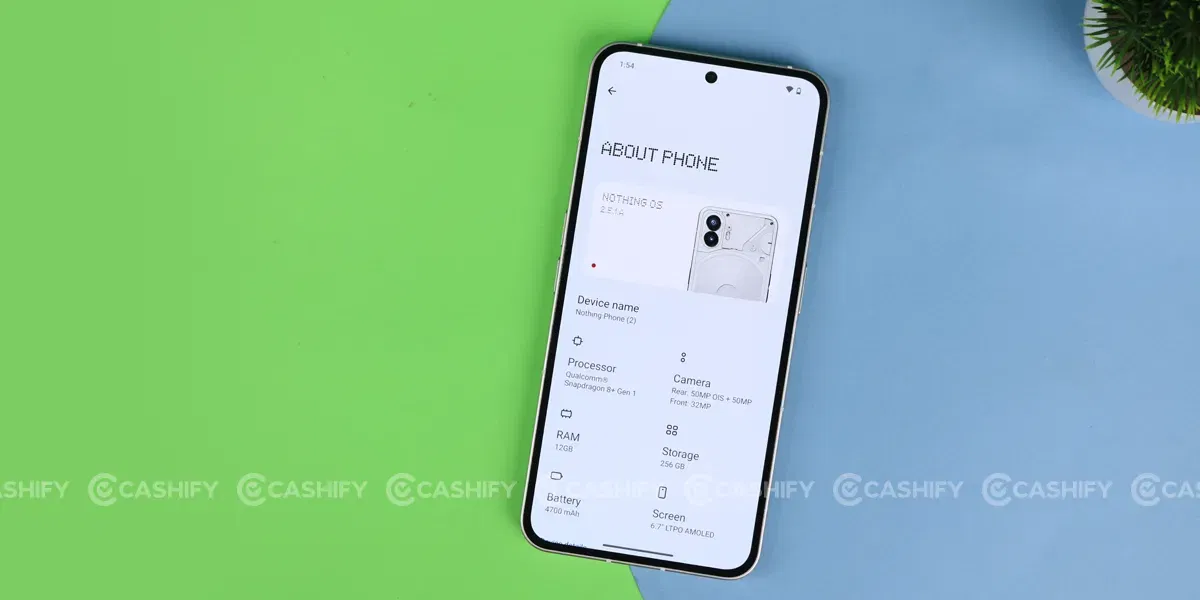
Furthermore, the user interface is based on stock Android with some added extras like custom widgets, redesigned quick settings, and quirky features. The Weather, Recorder, and Glyph Composer apps also offer a taste of the Nothing design language.
Also Read: Apple iPhone 14 Pro Long-Term Review – Worth to Buy in 2024?
The new Nothing OS 2.5 update also brings new features such as a customisable double-tap gesture for the power button, a new music visualiser for the Glyph lights, a Glyph progress tracker, new lock screen shortcuts, and three swipe screenshot gesture and new widgets.
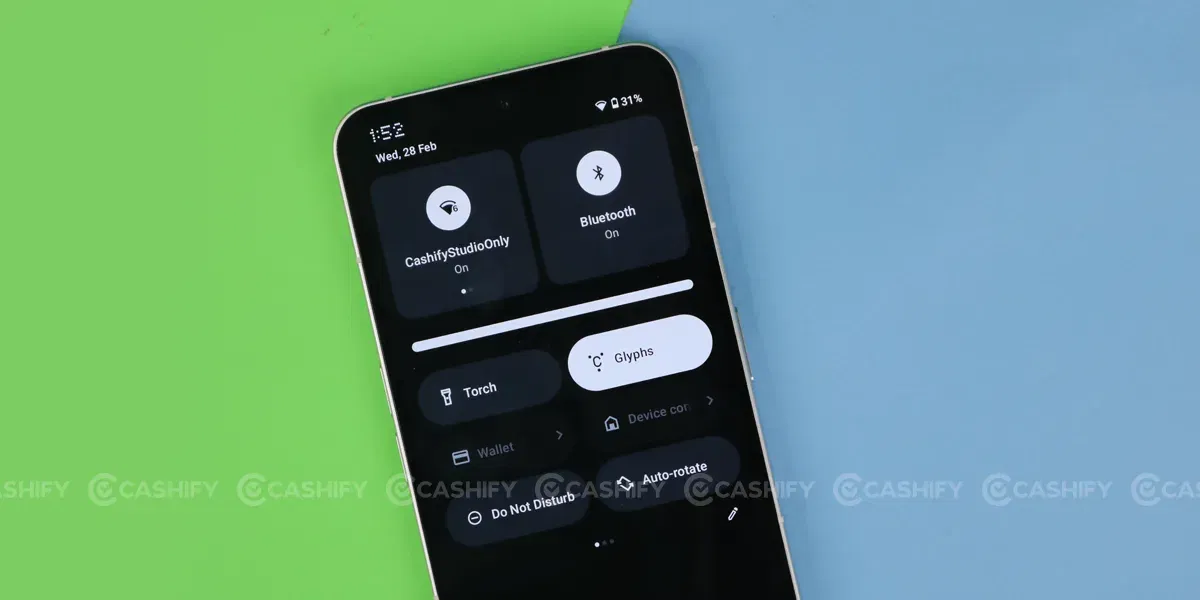
Nothing OS is the closest software skin that I feel delivers a Custom ROM-like experience. It offers useful features while building on the fast and snappy experience of stock Android. If you are a nerd like me, then it will surely remind you of the golden days of Oxygen OS and Cyanogen Mod.
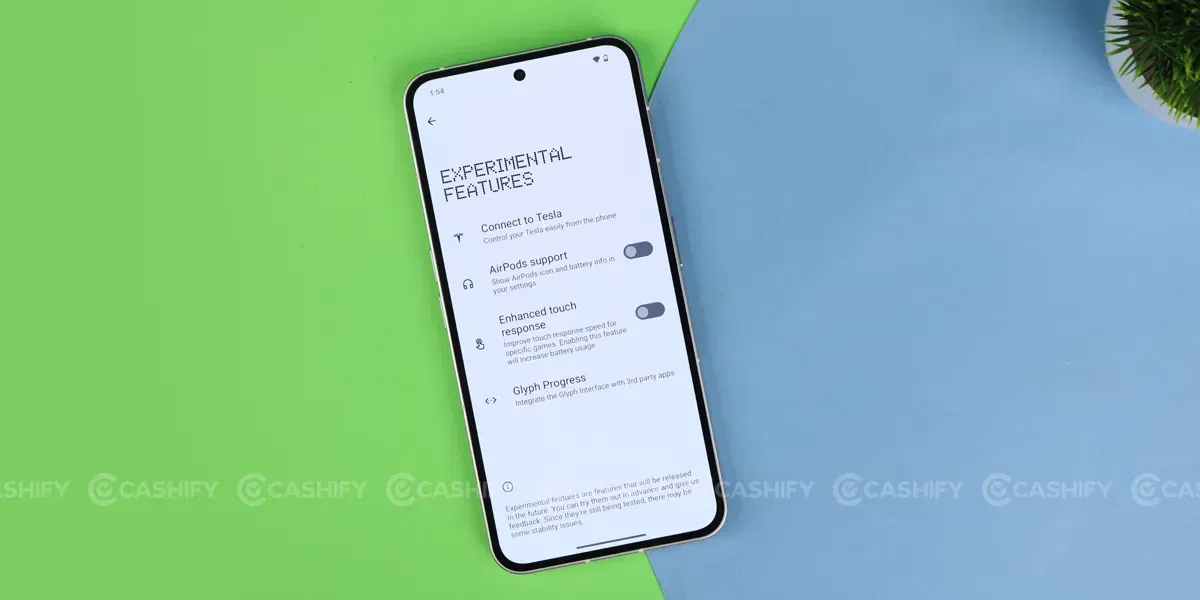
Even the Glyph Lights have matured and feel like they have a purpose instead of being a one-time party trick to impress your friends. The Flip to Glyph and charging indicator are useful features that will help you silence your phone or know when it has been fully charged.
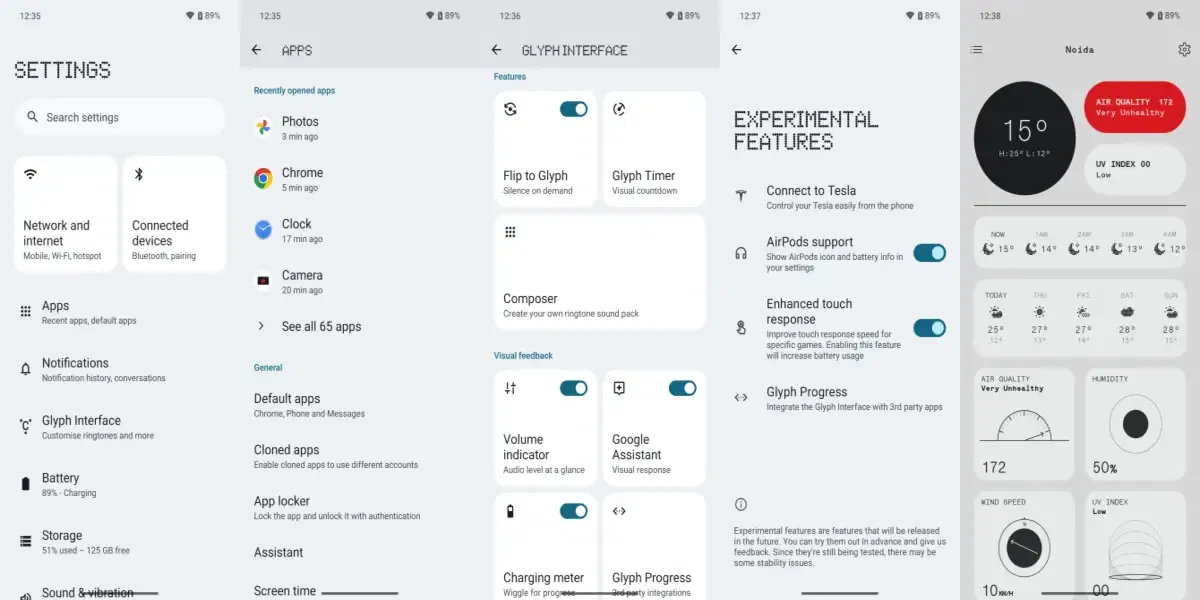
I also found the Glyph’s essential notification feature helpful. It can alert you about an urgent notification that needs your attention. Similarly, the Glyph progress bar can track incoming food deliveries and taxi rides.
Also Read: Xiaomi Redmi Note 13 Pro Plus Review: Flagship Features At Mid-Range Price
Moreover, the Glyph music visualisation is also a neat trick if you want to have a little disco lights party and watch the Glyph sync to your favourite tunes. I hope more apps get support for the Glyph interface so it can truly evolve into a new ecosystem and have its own unique identity.
Nothing has refined its software experience, and has been delivering timely updates to address all bugs and issues. Overall, the Nothing Phone (2) offers a smooth and unique software experience that remains one of my favourite takes on stock Android.
In the world of similar-looking slab phones, the Nothing Phone (2) has managed to carve its own identity with its Glyph LEDs, unique software, and snappy performance. While it doesn’t offer top-of-the-line specifications or the best camera for the price, it certainly has a unique charm.
It caters to those seeking a no-nonsense phone that delivers all the essentials. Even after almost a year, the Nothing Phone (2) is an easy recommendation. If you want a good-looking phone with clean software and unique features, then the Nothing Phone (2) is the way to go.


